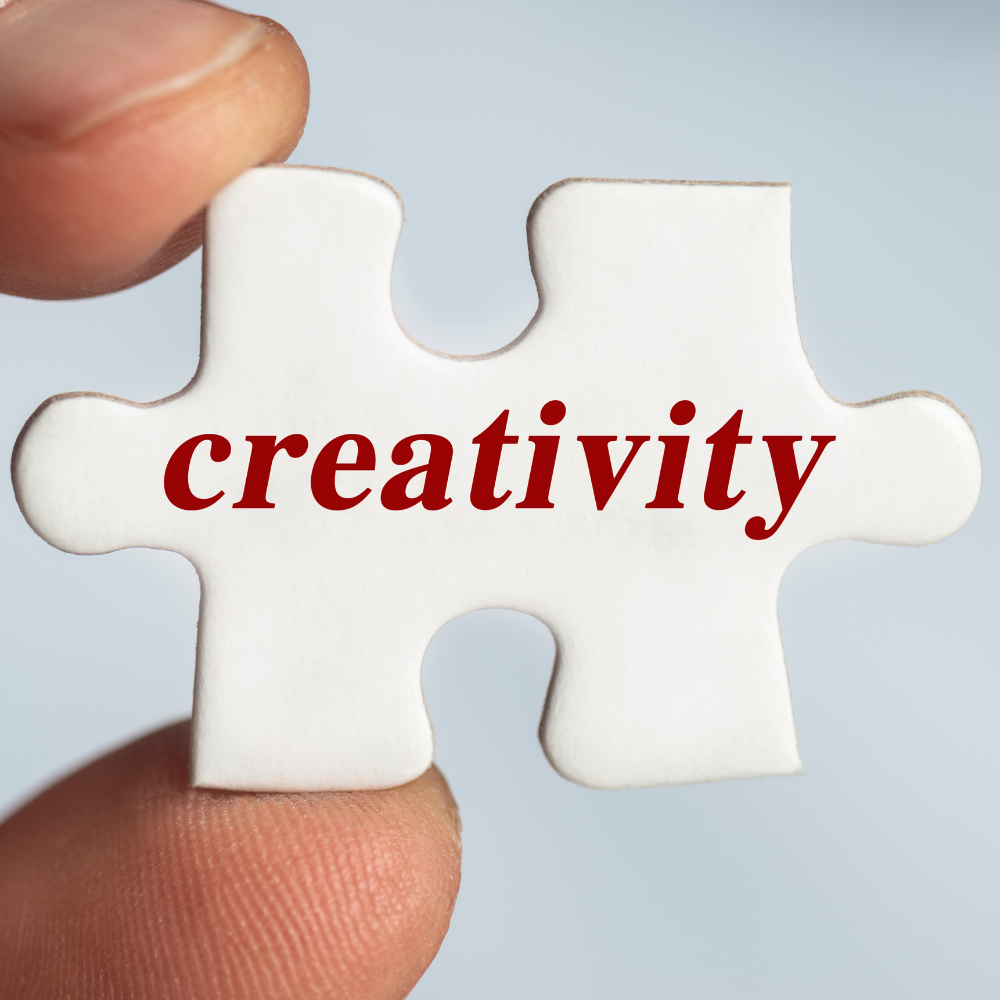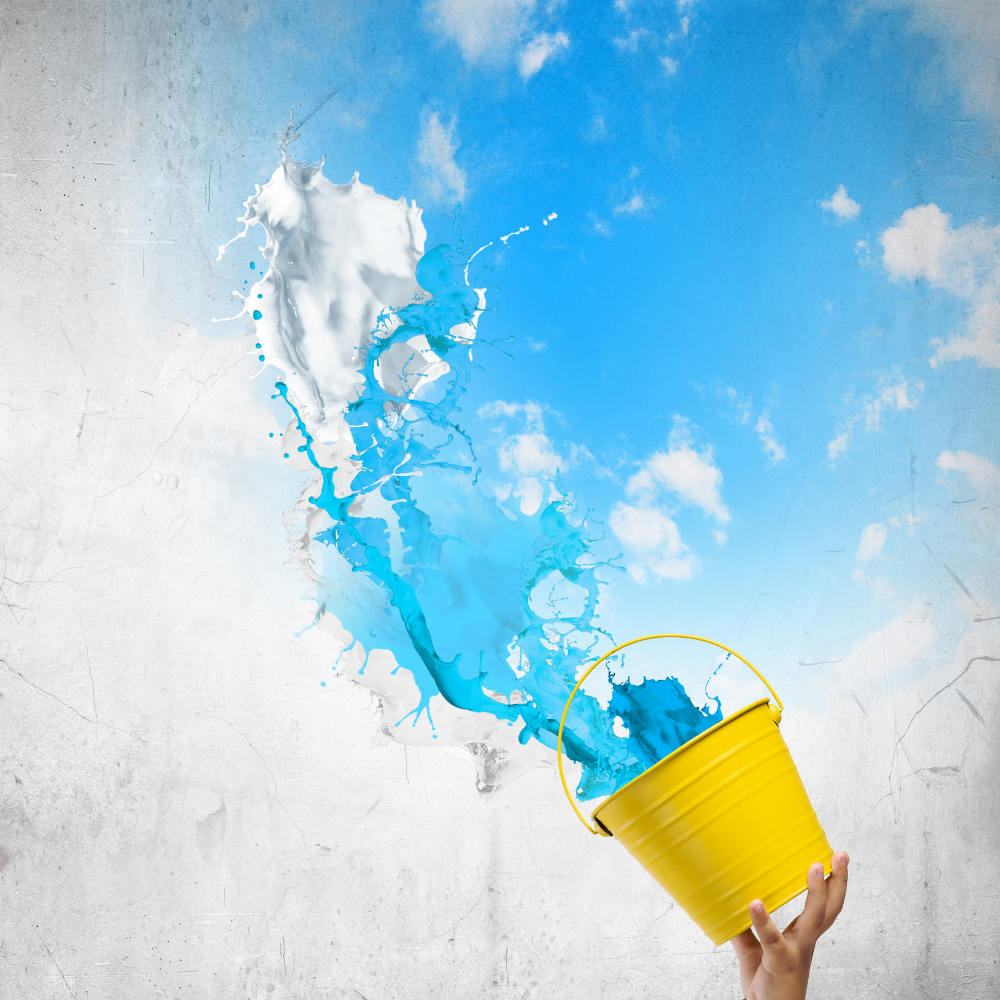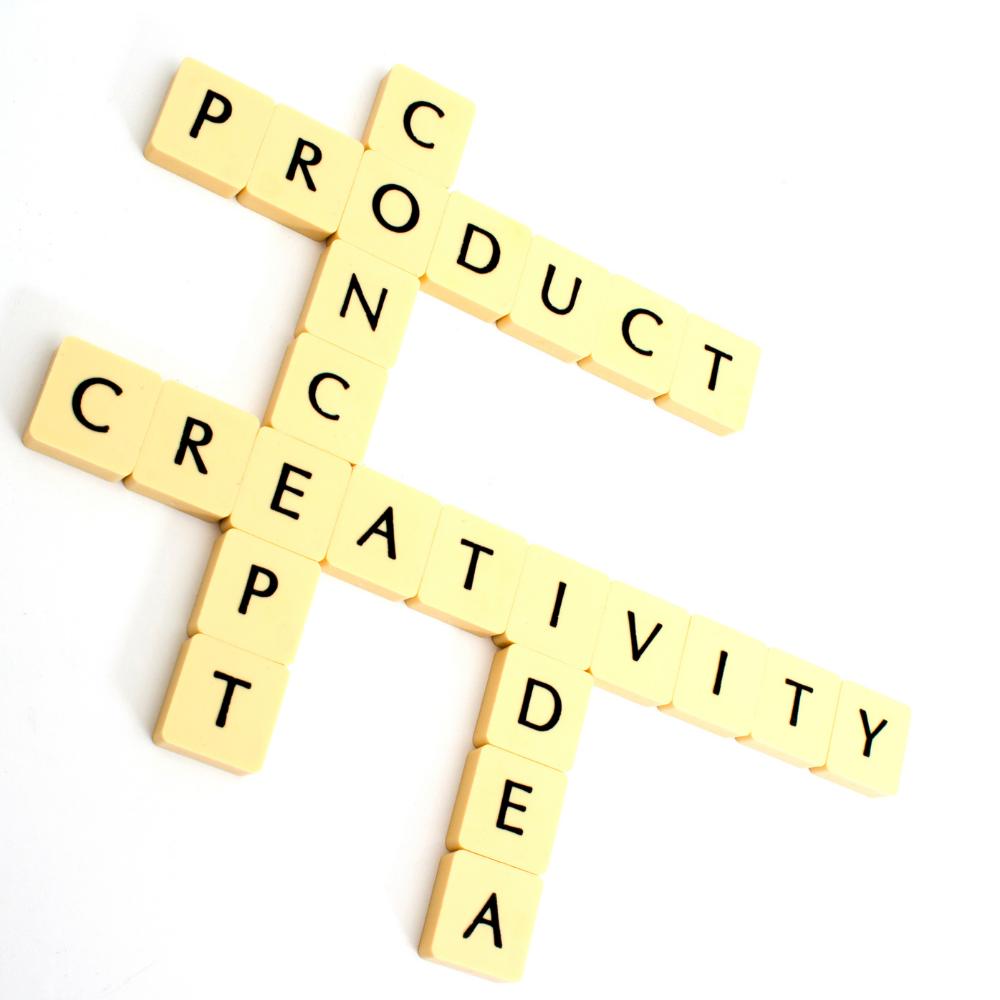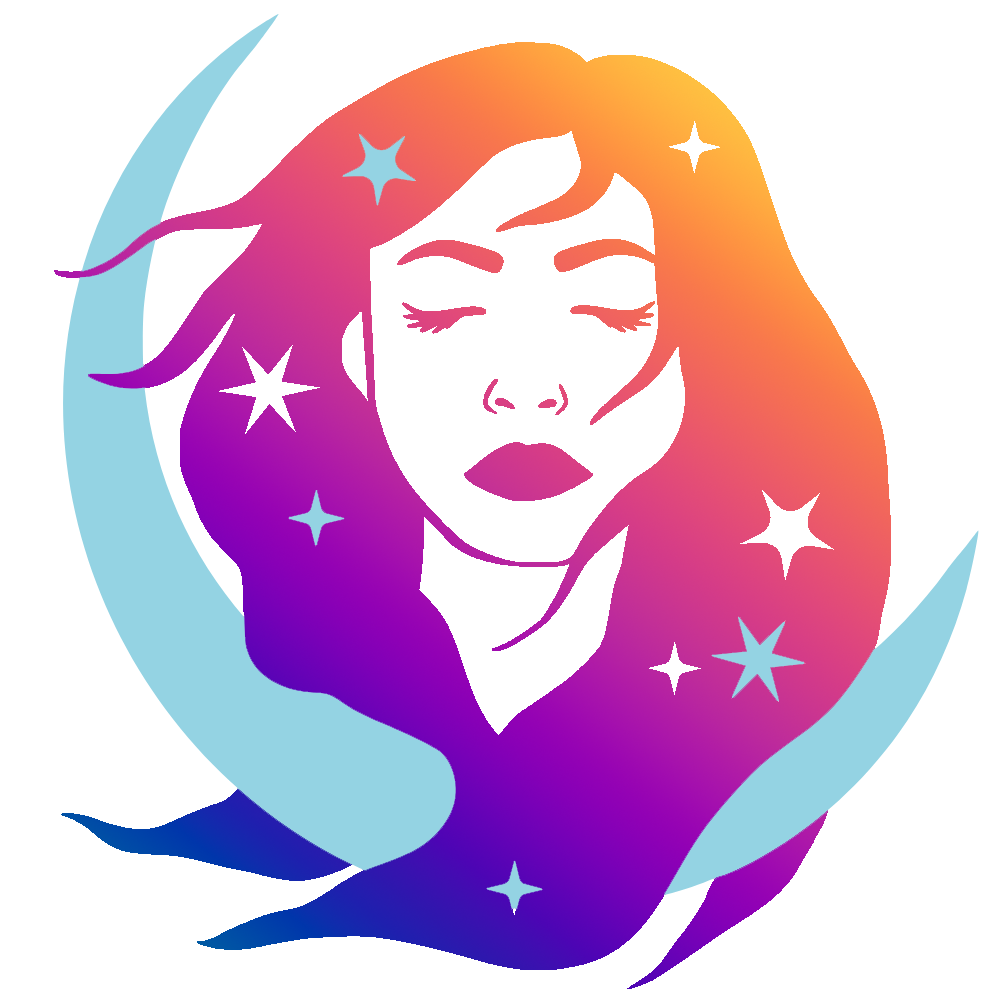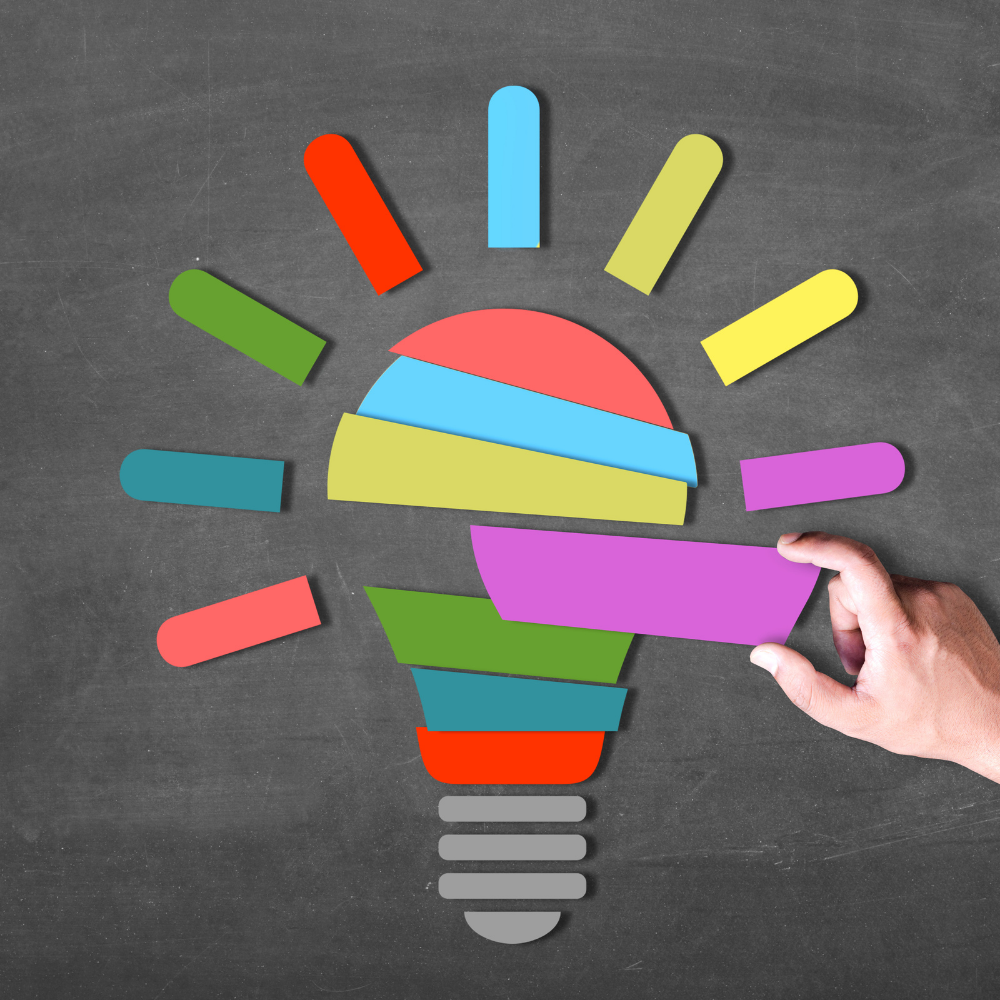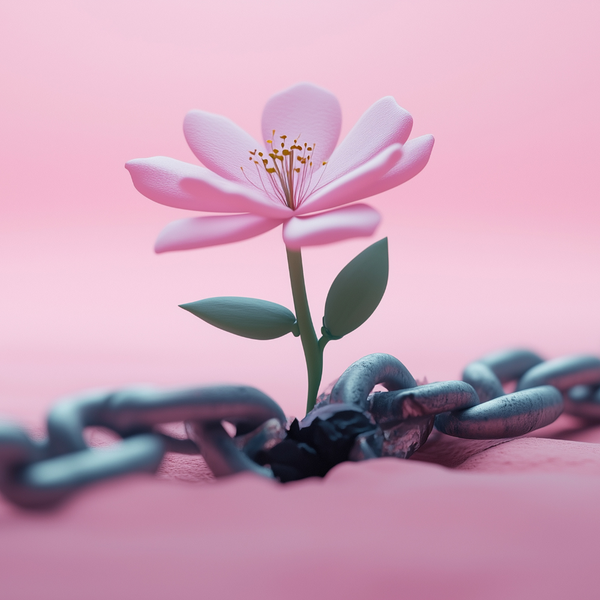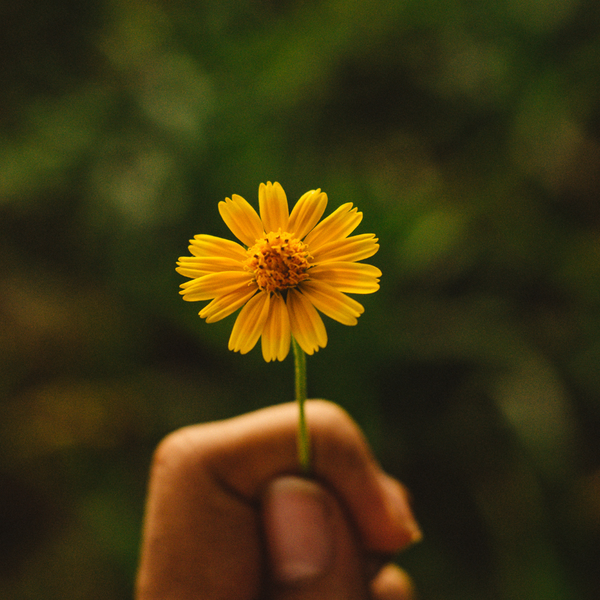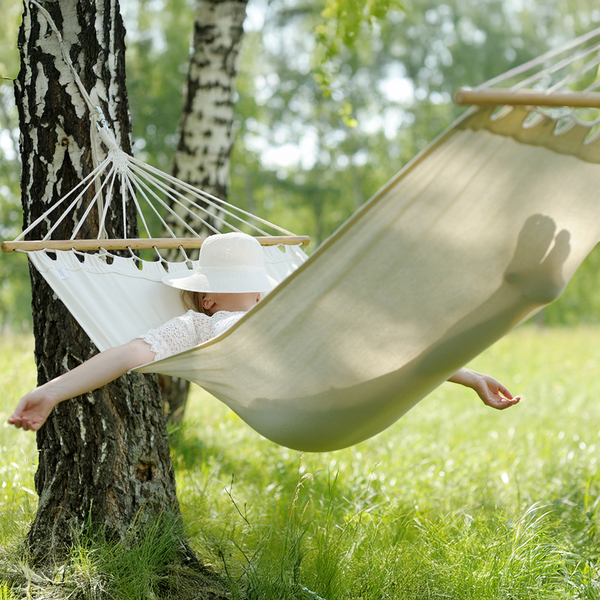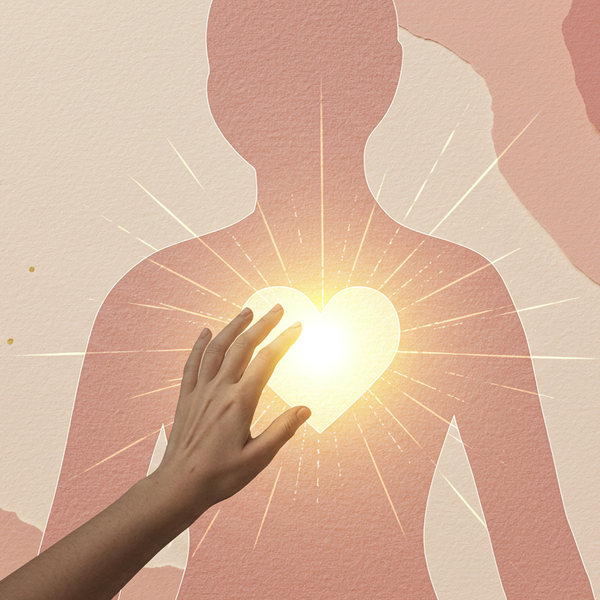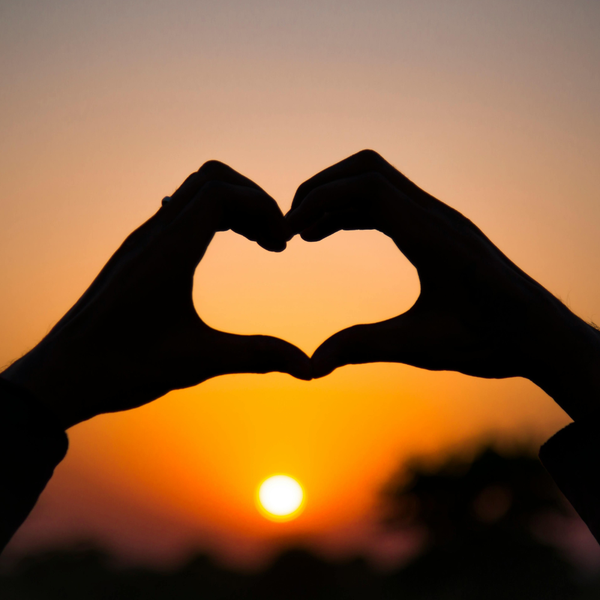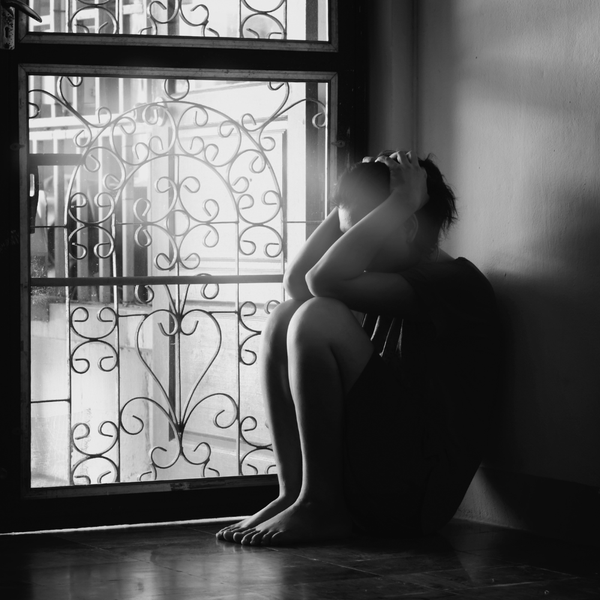Are you feeling creatively uninspired lately?
While it can be hard to stay inspired and motivated, achieving your artistic goals doesn’t have to remain an elusive dream.
Learning about creativity-relevant skills might be the key that unlocks a wealth of talent within!
If you’re an artist or someone with a passion for creating, you know that creativity is key, but it isn’t enough to just be creative; in order to develop real artistic genius and unleash your inner creative superpower, you need more than just natural ability.
Creativity is not just limited to the arts; it is a vital ingredient for success in every aspect of life.
Developing specific skills related to creativity can help take your work to the next level and enable you to express yourself like never before!
Whether you are new to the world of art or a seasoned professional, building on these skills has potential to dramatically improve your creative process and unleash your inner genius.
In this blog post, we dive into what creativity-relevant skills are and discuss ways that you can boost yours with simple everyday activities so as to unlock newfound levels of creative power!
We'll take a look at various creativity-relevant skills and offer advice on how to develop them in order to maximize your own creative potential.
Just imagine: soon enough, your dream artwork may be a reality - unlocking the imaginative capacity western civilization has always believed exists in the human mind.
Buckle up, because we're about to embark on an inspiring journey filled with innovation, self-discovery, and artistic triumph!
Read on and let's equip ourselves with master keys unlocking the doors of inspiration!
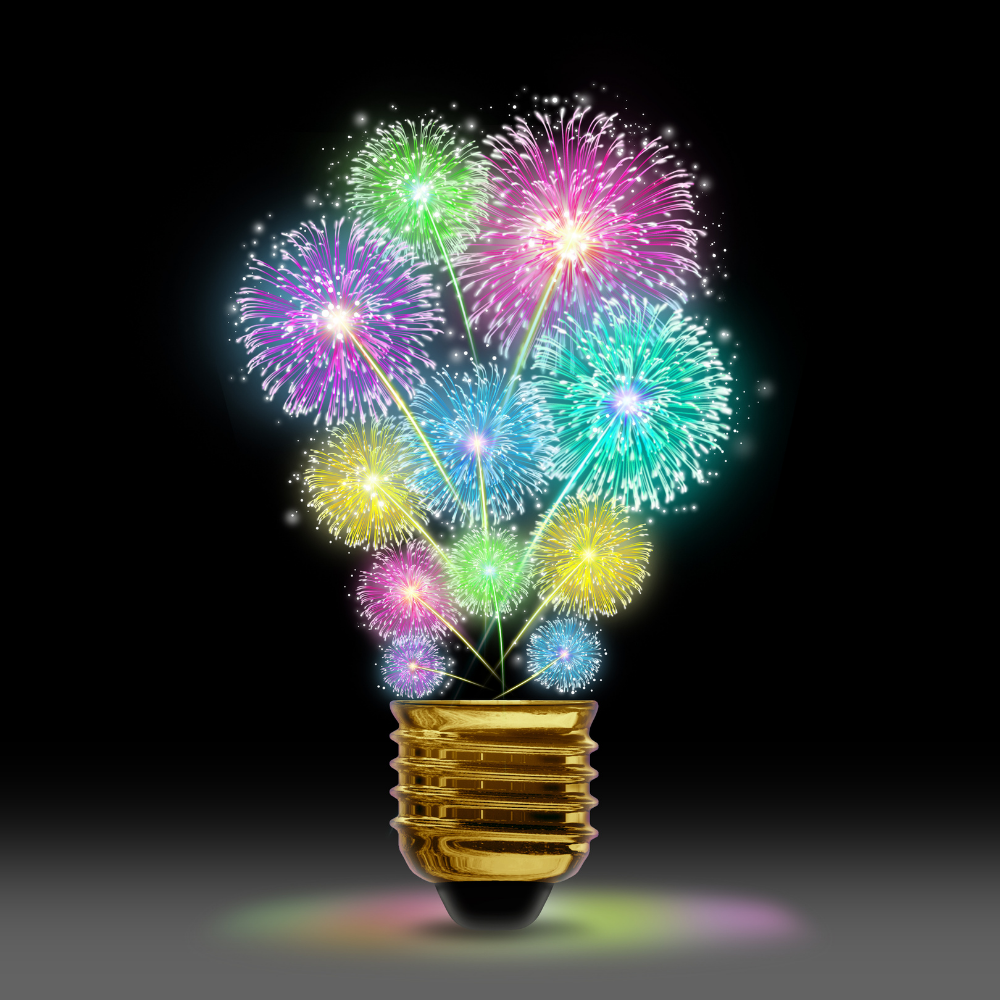
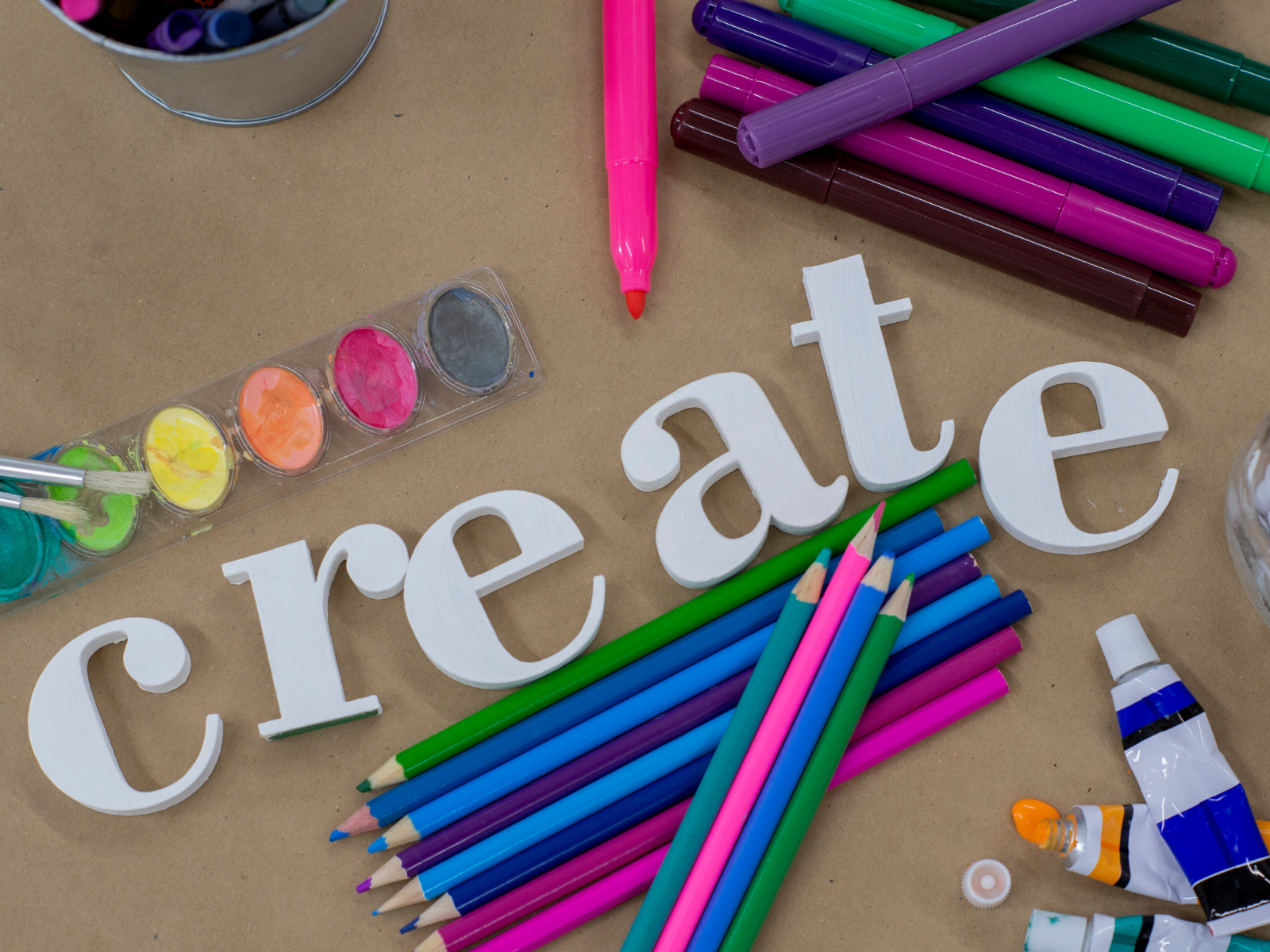
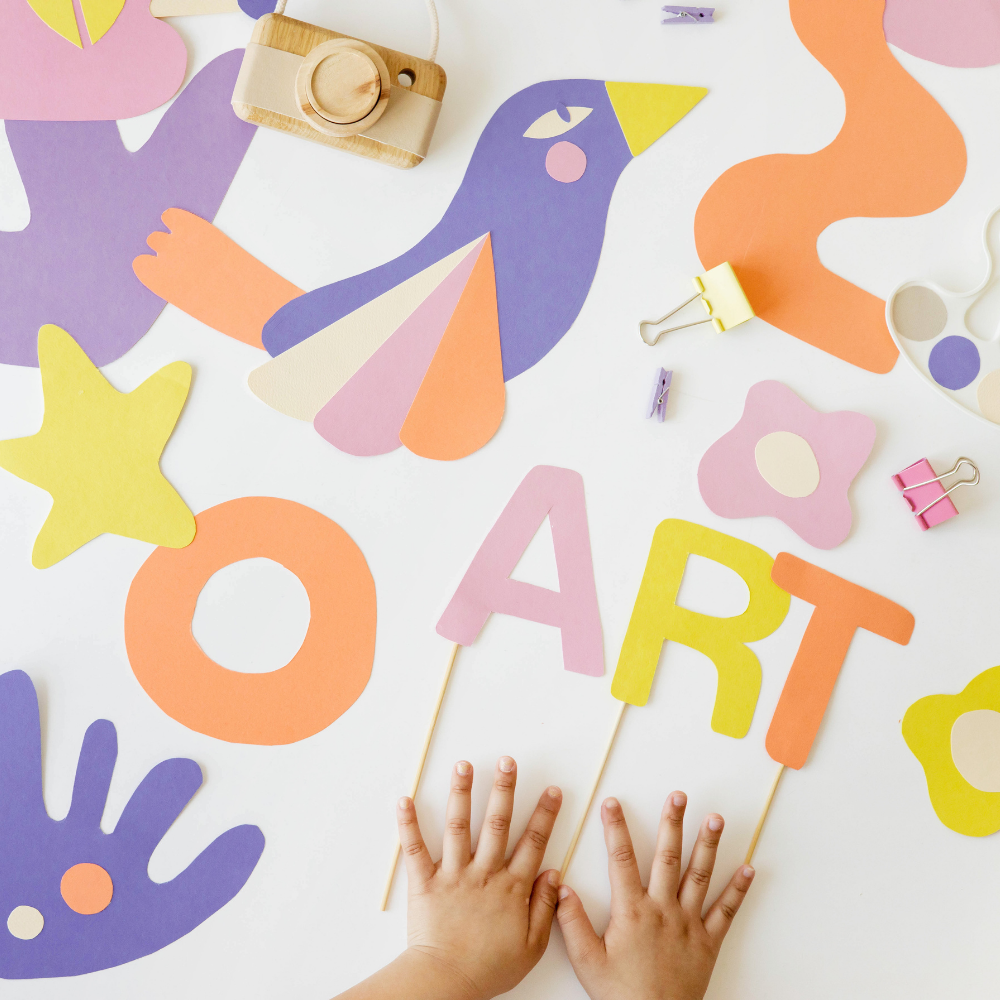
What is Creativity?
Creativity is the ability to create something new and unique. It can be expressed in many forms - from music, art, and writing to design, engineering, or science.
It’s a process of exploration and discovery that allows us to think outside the box and explore ideas that may be overlooked by traditional approaches.
Creative skills refer to the abilities that enable an individual to create something extraordinary - and these skills can be developed with practice and dedication.
From creative writers to painters, sculptors, photographers and more - there are countless areas in which creativity-relevant skills can be honed.
These creativity-relevant processes can help us generate ideas, solve problems more efficiently and manage our time better.
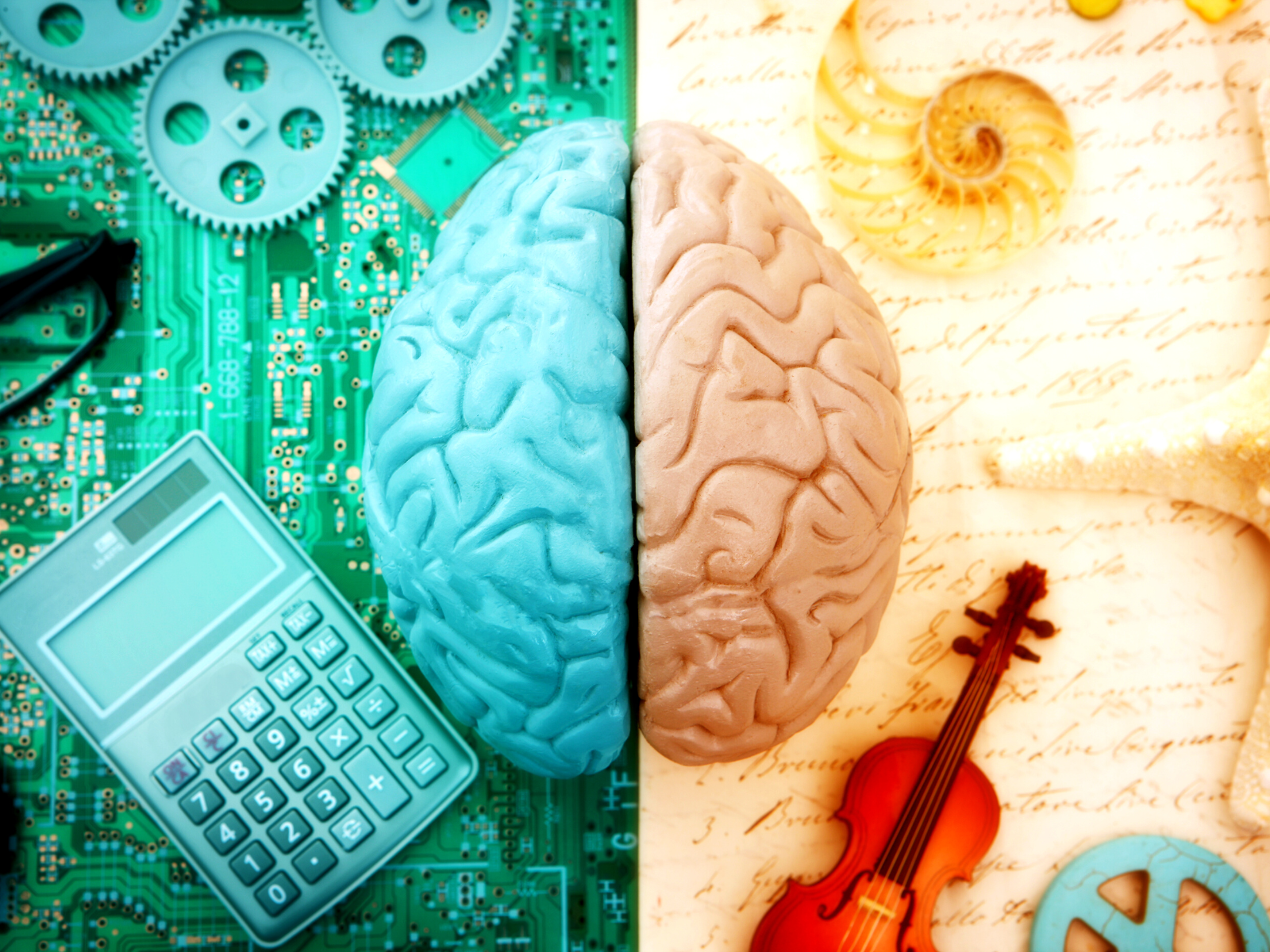
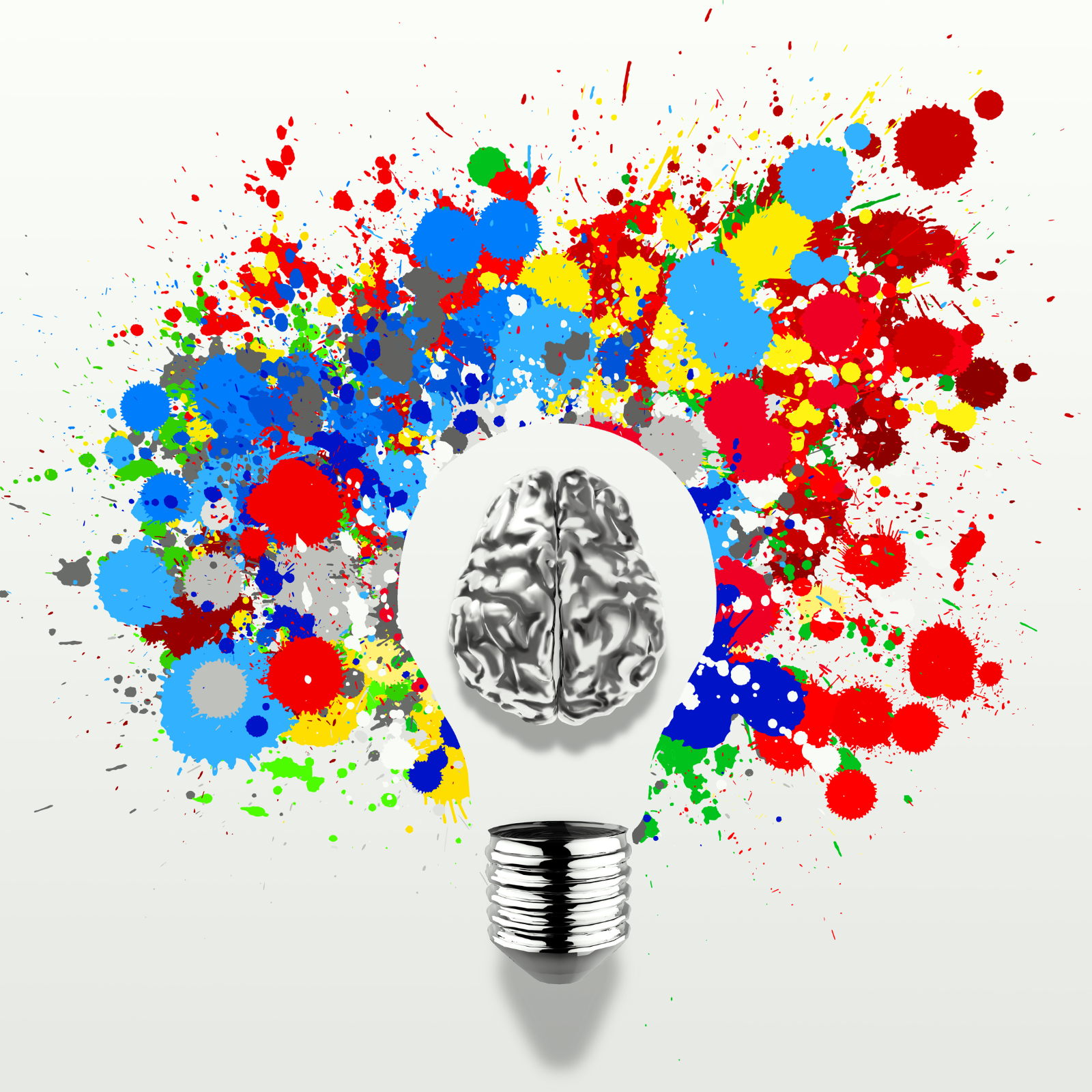
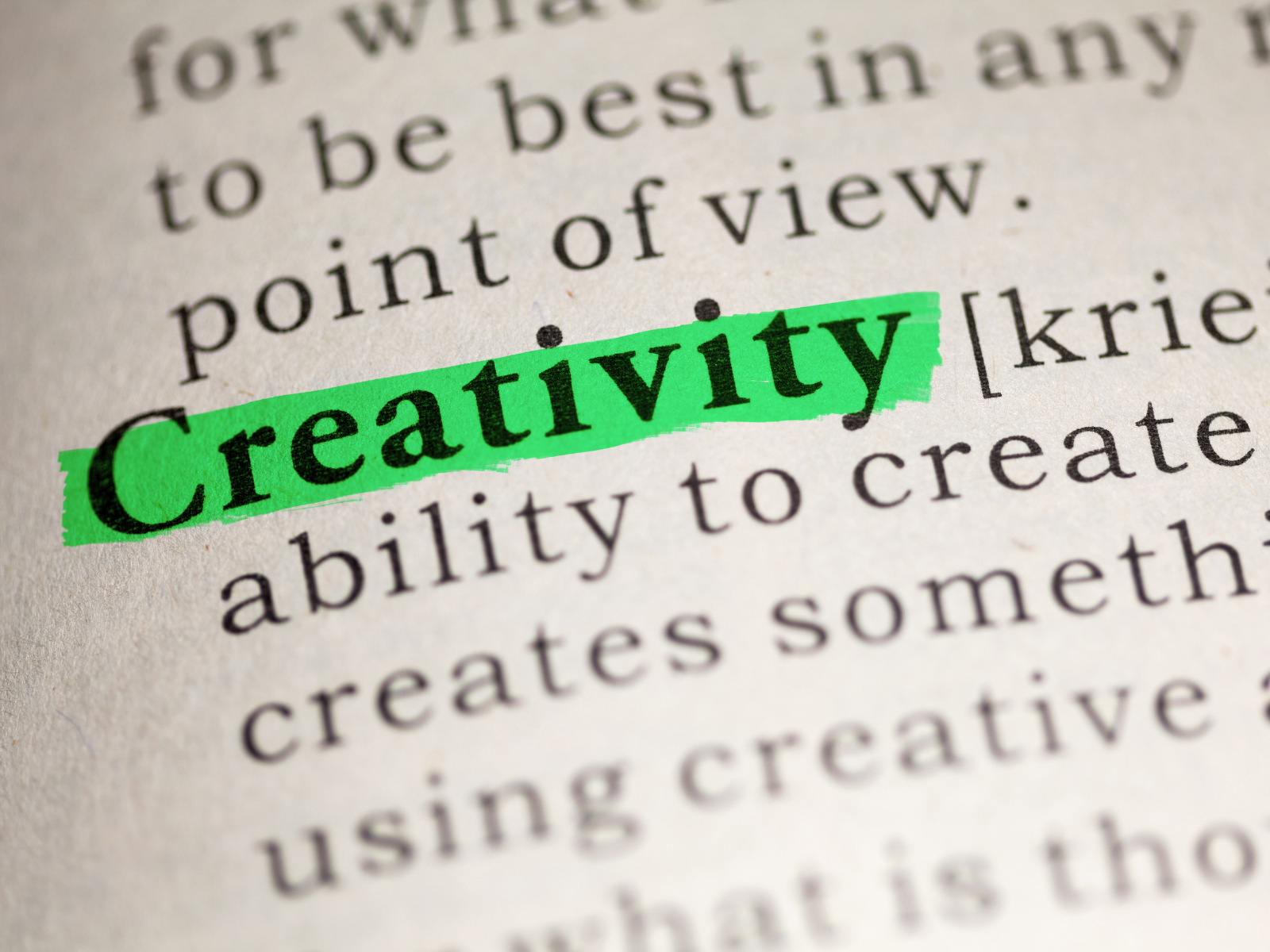
What Are Creativity-Relevant Skills?
Creativity-relevant and innovation skills are a key part of the creative process, helping us to think more creatively, generate unique ideas, and come up with innovative solutions.
Creative skills include a wide range of skills, such as problem solving, brainstorming, idea generation, abstract thinking, lateral thinking, and creative expression.
These skills encourage creativity, allow us to take a step back and look at the bigger picture while exploring potential solutions or ideas, and ultimately help us make more informed decisions.
The ability to think outside the box is essential in any creative field; it enables us to identify patterns and connections that may have been overlooked.
In addition, creativity skills help us to draw inspiration from our surroundings and allows us to form meaningful connections between seemingly unrelated objects or concepts.
A creative person has the ability to think creatively and come up with unique, creative solutions, and these technical skills and soft skills can be developed and improved with practice.
Plus, domain-relevant skills such as understanding the basics of color theory, art history, and design principles can help to further stimulate creativity.
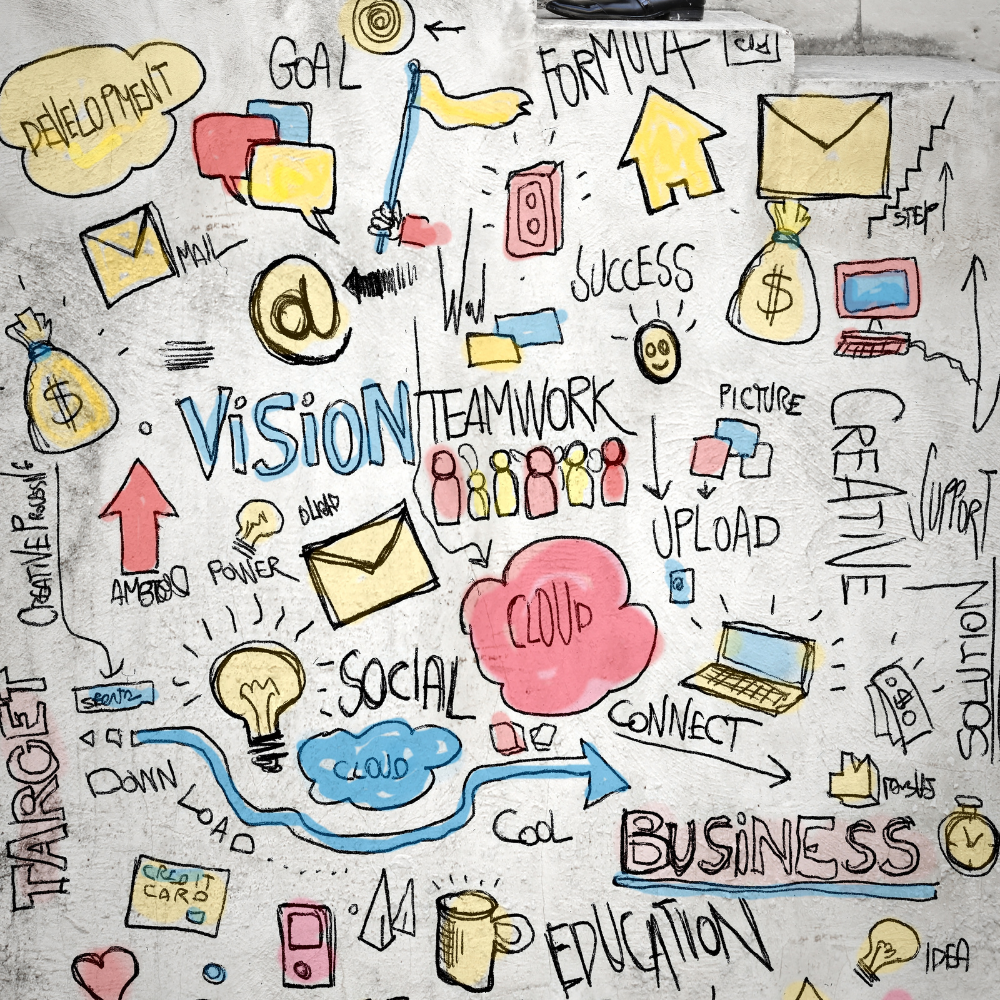
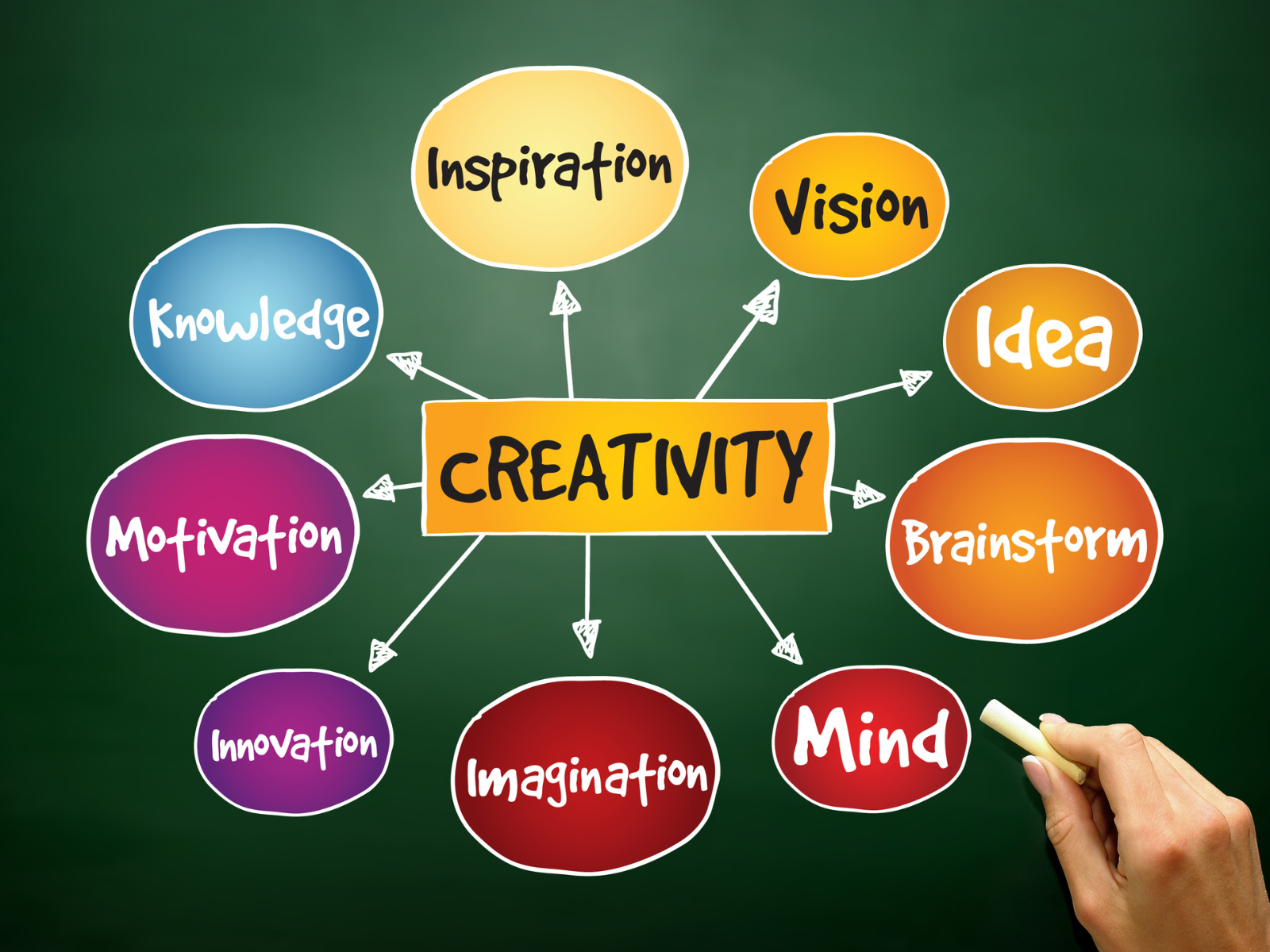
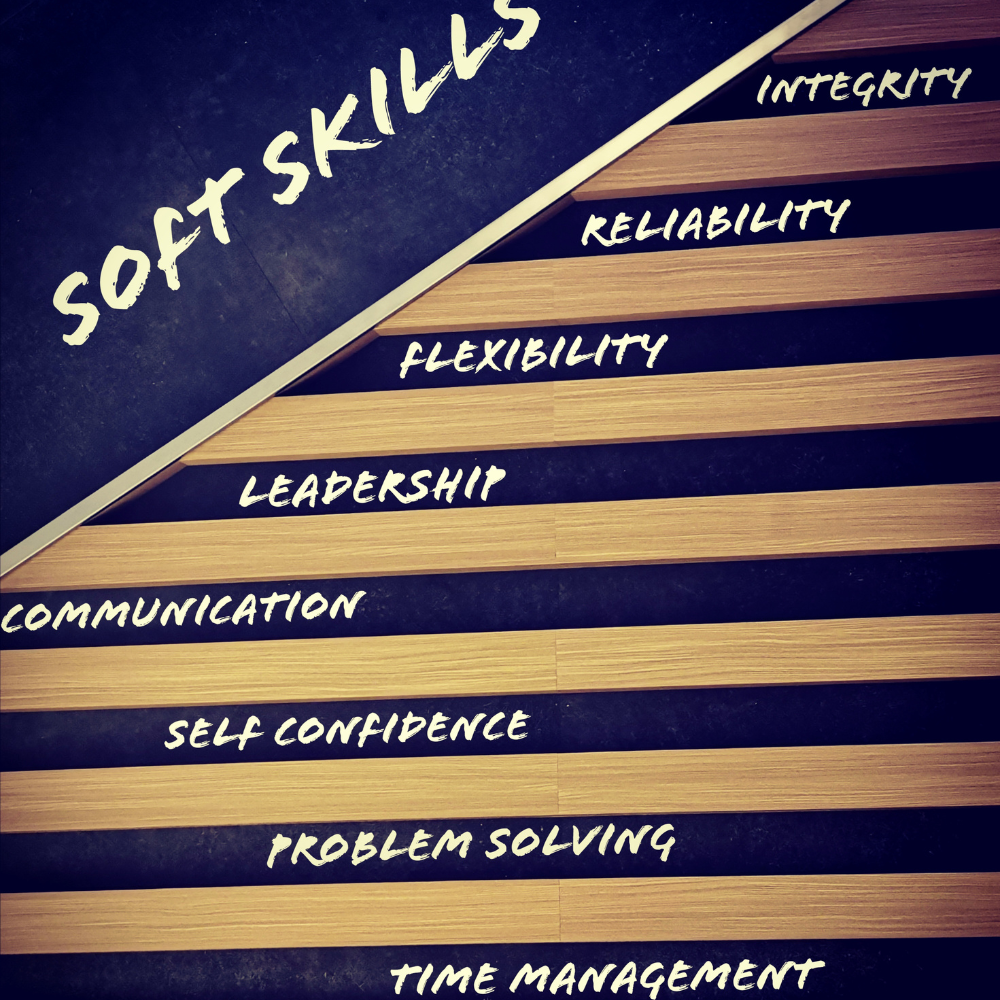
Curiosity and Playfulness
Curiosity is the fuel that drives creativity.
It is about the desire to ask questions, understand how things work, and find innovative solutions to problems.
Artists and other creators, therefore, need to cultivate a sense of wonder and inquiry to improve their skills.
By exercising curiosity, you learn to study your surroundings, explore new art techniques, and understand other cultures.
Embrace your inner child and allow your inquisitive nature to lead you on unexpected adventures.
Ask questions, explore new ideas, and never stop seeking knowledge; after all, the most incredible discoveries often come from asking, "What if?"
And never forget the joy of play.
Allow yourself to experiment, take risks, and have fun with your art.
Give yourself permission to be whimsical, silly, and carefree.
After all, some of the most captivating works of art are born from moments of pure playfulness.
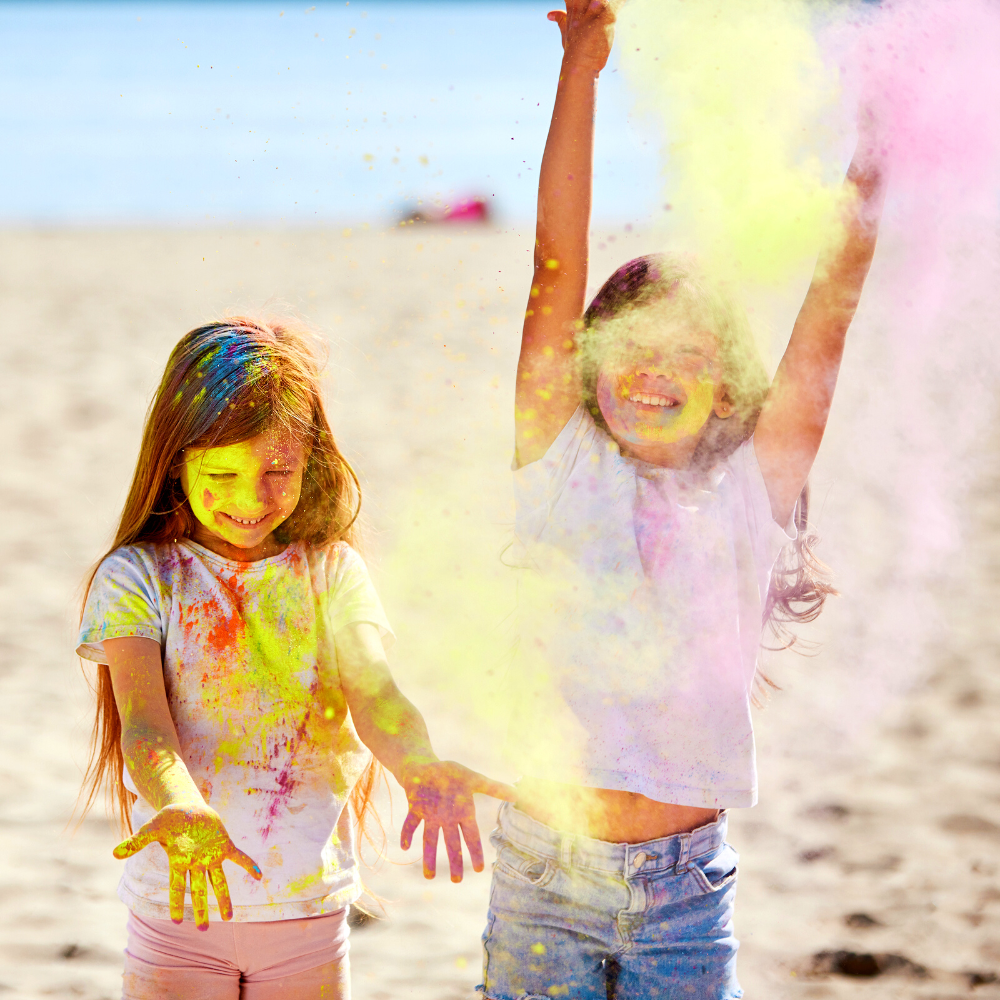
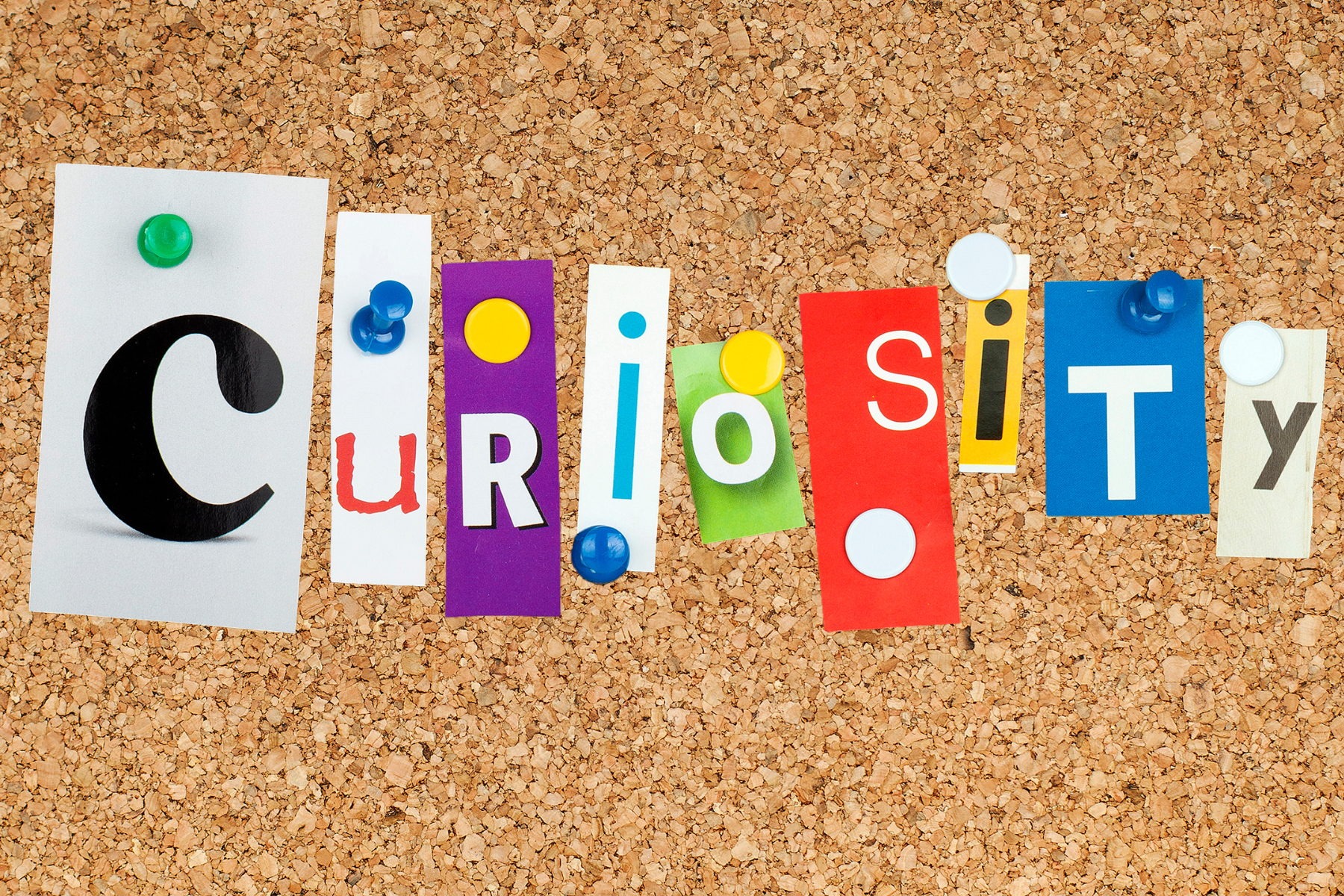
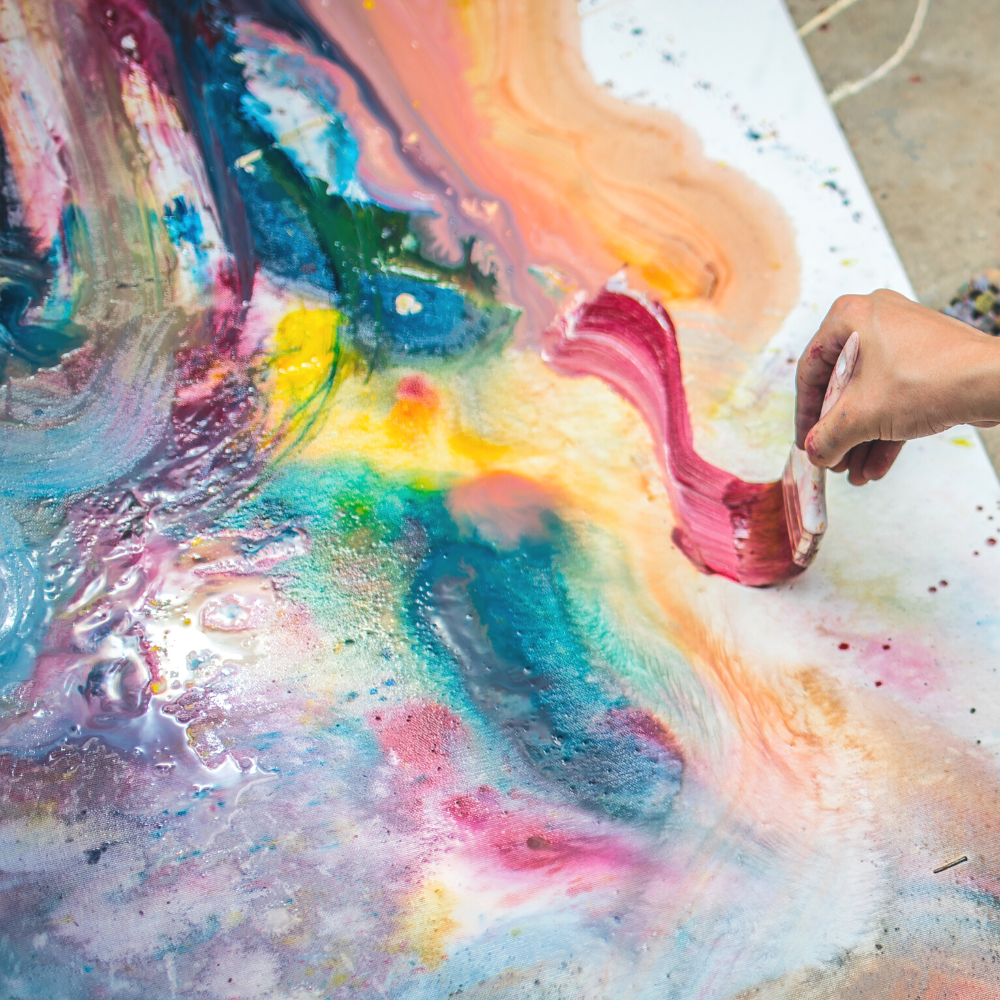
Flexibility and Adaptability
Flexibility is all about being able to adapt to changing situations.
When you’re a creator, you need to be flexible in your mindset and your approach to projects.
Being open to new ideas and taking risks can unravel previously unseen opportunities.
You can gain this skill by experimenting with new media and platforms to share your artwork, collaborating with other artists, and by embracing failures and learning from them.
Art is a journey of constant evolution, so be open to new techniques, styles, and perspectives.
Embrace the unexpected twists and turns, for they have the power to spark innovative ideas and push your boundaries as an artist.
Remember, the only limit is the one you impose upon yourself.
Open-Mindedness
Open-mindedness is essential for creativity.
It allows us to look at things from different angles and perspectives, which can help us come up with unique solutions to problems.
It also encourages us to let go of rigid expectations and constraints, allowing our minds to wander freely as we pursue creative endeavors.
Open-mindedness helps us to find inspiration in the unexpected and encourage others to do the same.
By embracing diversity, we can create a more inclusive environment that allows for innovative thinking and creative exploration.
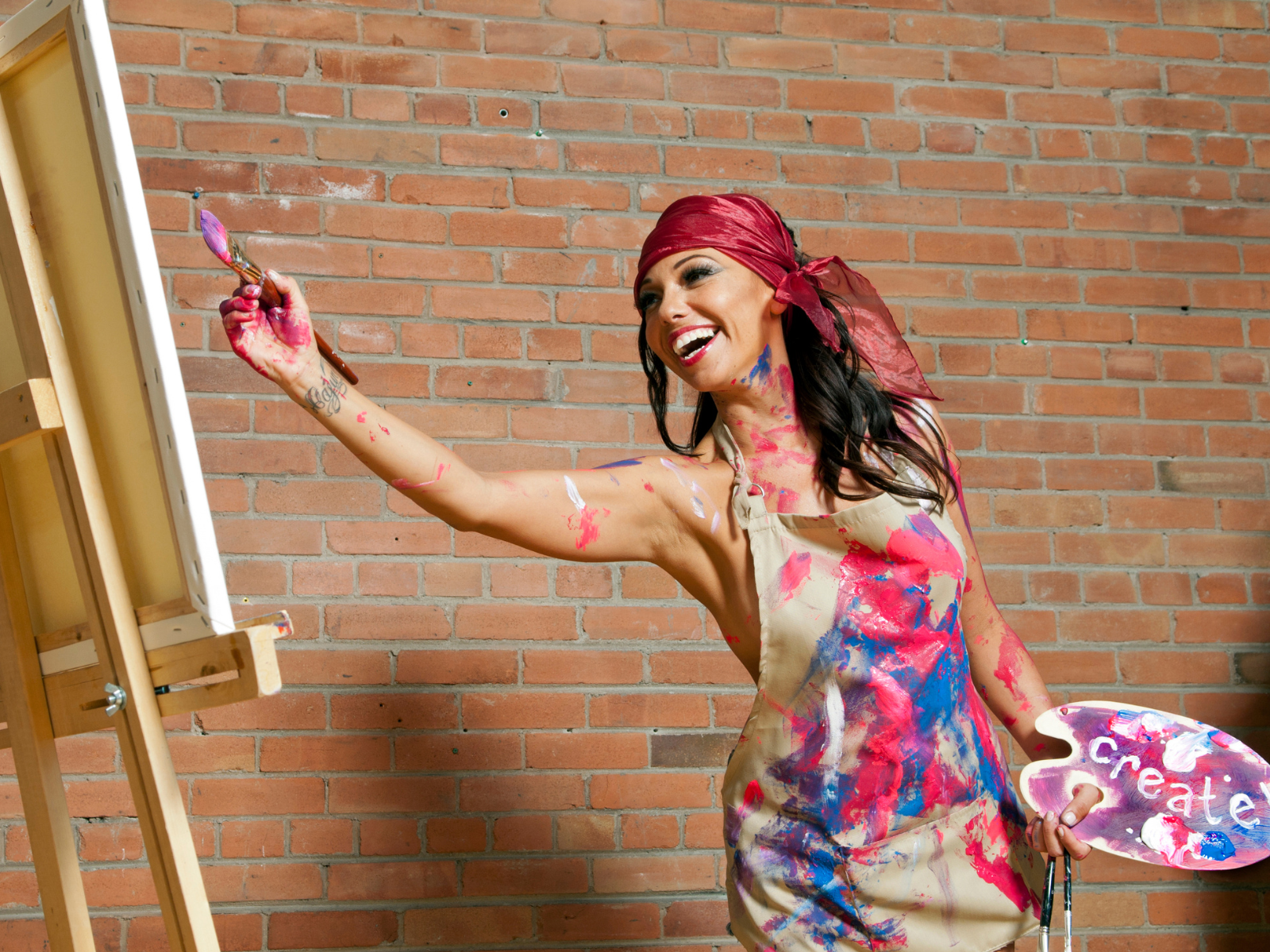
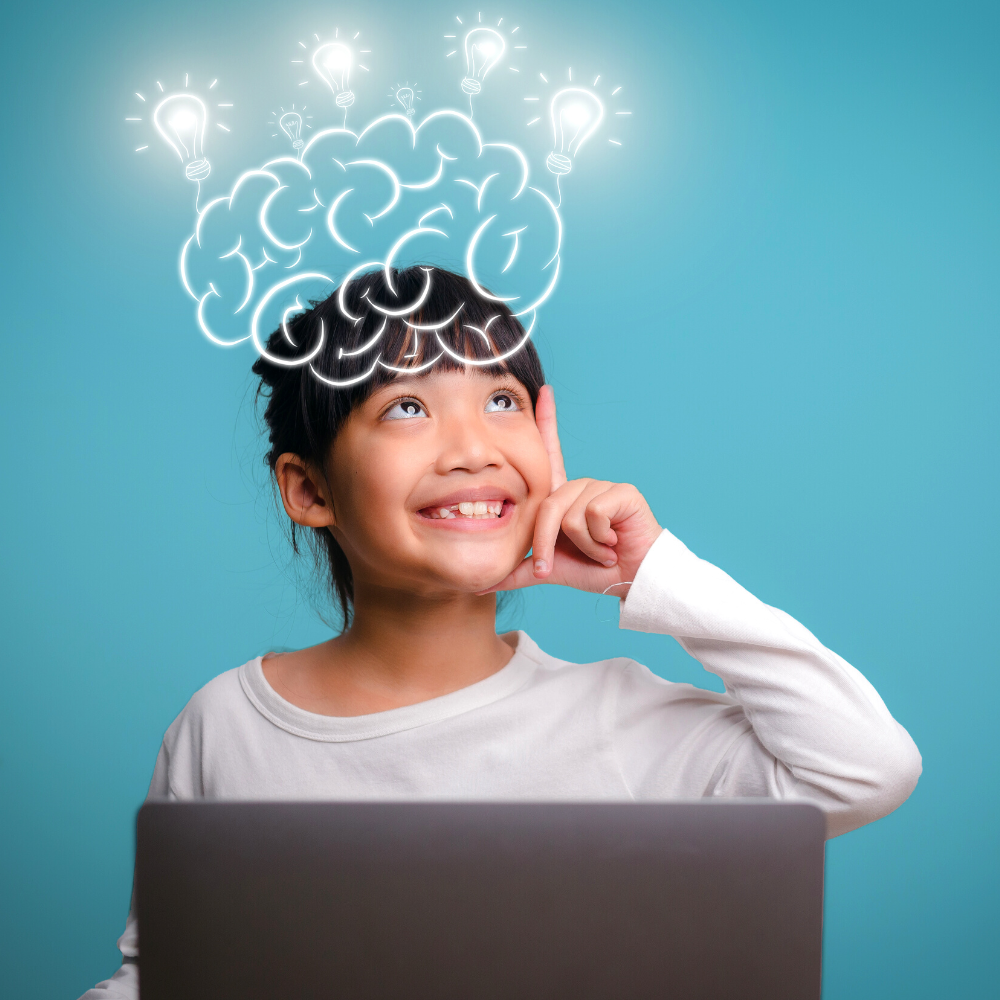
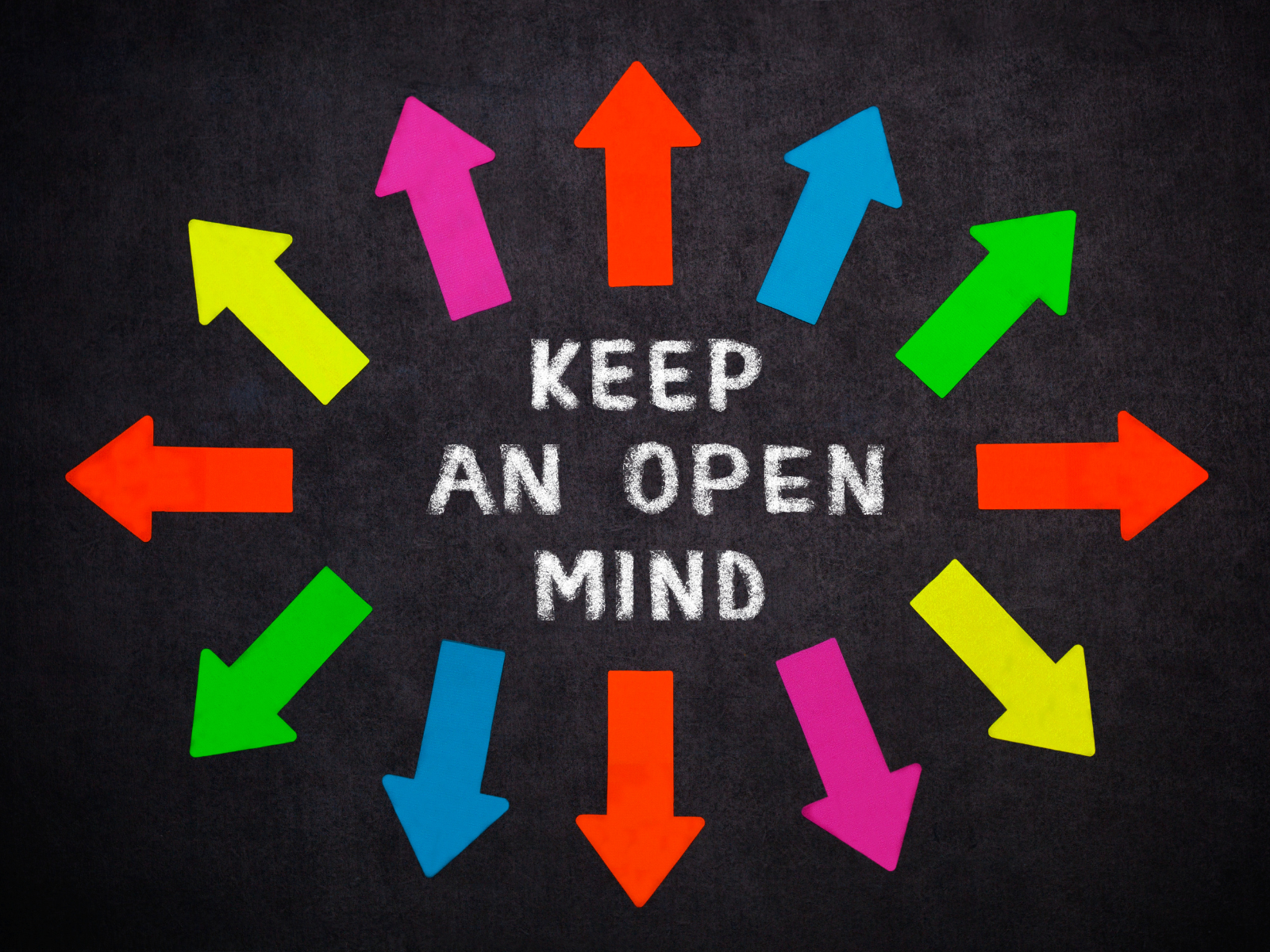
Imagination
Imagination is the ability to generate new ideas and concepts, often by combining existing ones in novel ways.
For artists, developing a strong imagination drives creativity and innovation.
Creating a mood board, sketching out your ideas, and brainstorming before you begin a project are all tactics to improve your imagination.
Imagination is the gateway to worlds yet unexplored, so let your mind wander, free from the constraints of reality.
Challenge conventional thinking and let your wildest ideas take flight.
Remember, it was imagination that gave birth to every masterpiece in history.
Resilience and Perseverance
The artistic journey is not always smooth sailing.
It's riddled with challenges, self-doubt, and moments of frustration.
But it's in those moments that true resilience and determination shine through.
Resilience is the capacity to recover quickly from difficulties or bad experiences.
Keep pushing forward, even when the road gets tough, for the reward that awaits is worth every ounce of effort.
As you push your boundaries as an artist, there would be moments of uncertainty and challenges where you need to have the resilience to push through.
You can cultivate resilience by working through difficult pieces, seeking feedback, and taking critiques constructively, and focusing on your goals and passions.
Intrinsic task motivation will help you power through those moments of self-doubt and fear, so don't forget to reward yourself at the end of a hard day's work.
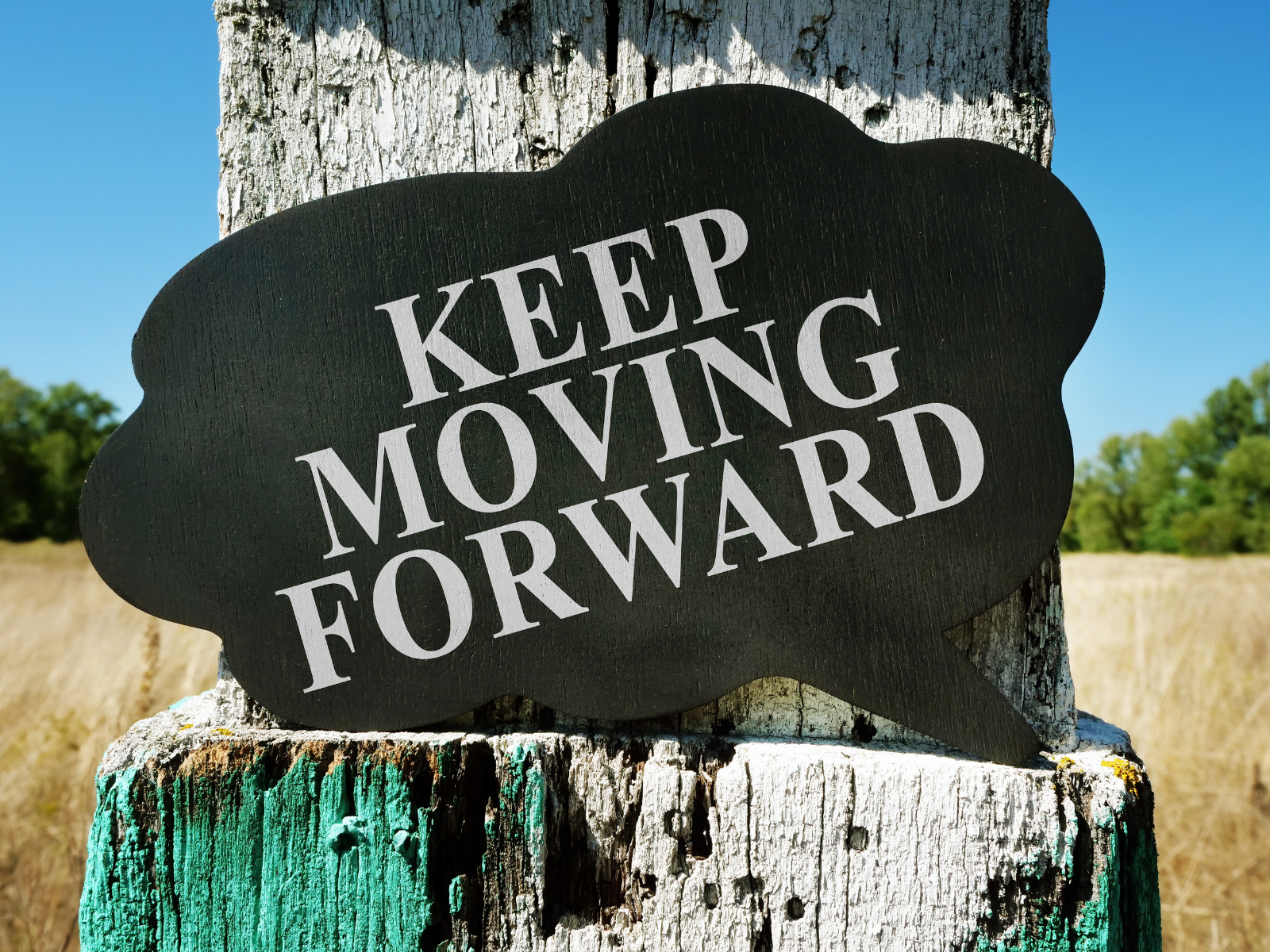
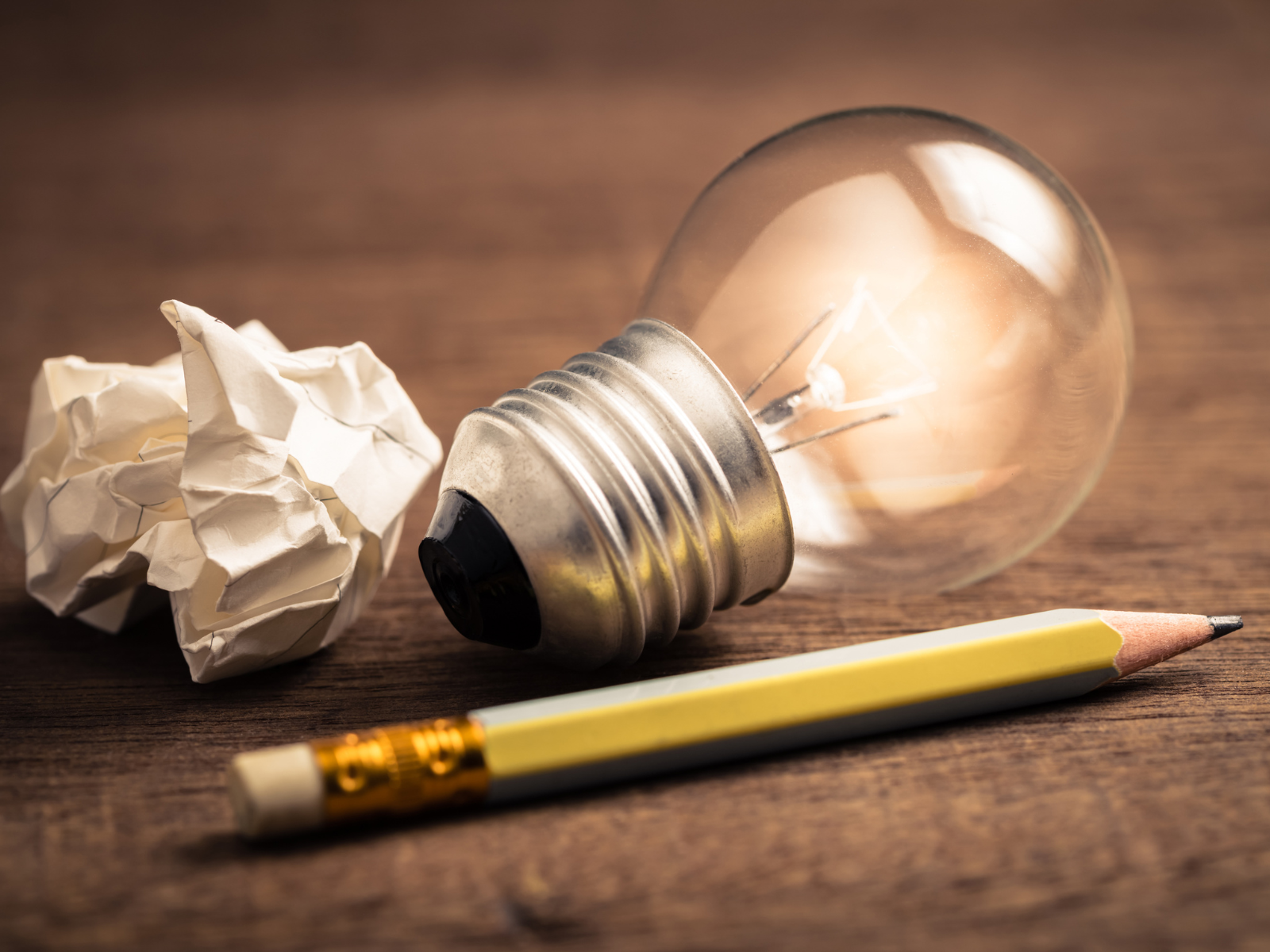
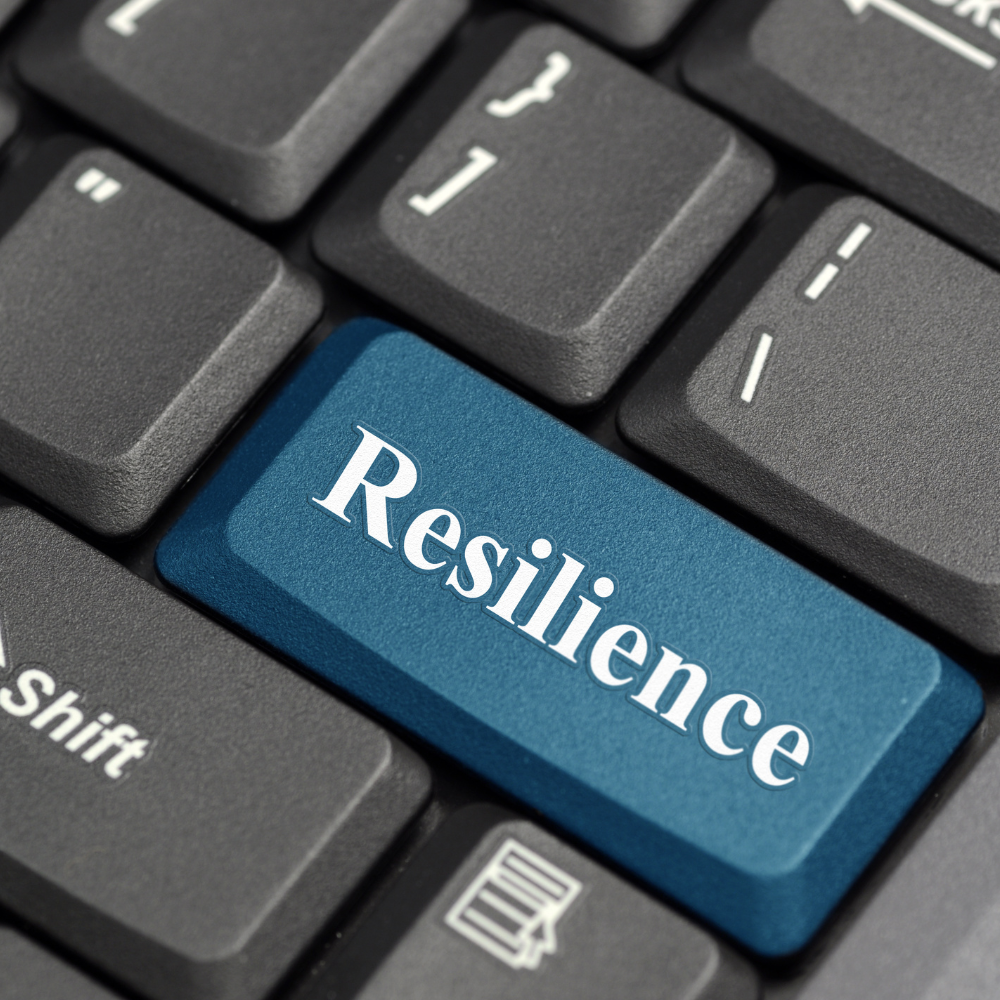
Empathy and Connections
Empathy is the ability to understand and share the feelings of others.
For artists and creators, empathy allows you to be in touch with your audience, and create quality art that connects with them.
By being curious about your audience's viewpoints and backgrounds, listening to what they say about your work, and engaging with them, you build your empathy skills.
Art has the power to evoke emotions, stir hearts, and spark conversations.
Tap into your own emotions and let them guide your creative process.
By creating art that resonates with others, you'll forge deep and meaningful connections that transcend the canvas.
Observation
Every great artist possesses a keen eye for detail.
By honing your observation skills, you'll notice the beauty and intricacies that others often overlook.
Take a moment to pause, absorb your surroundings, and let the world inspire your next stroke of genius.
Look for patterns in nature, investigate the structure of objects, and immerse yourself in different cultures.
The details are what make your artwork unique; so take time out to observe and appreciate them.
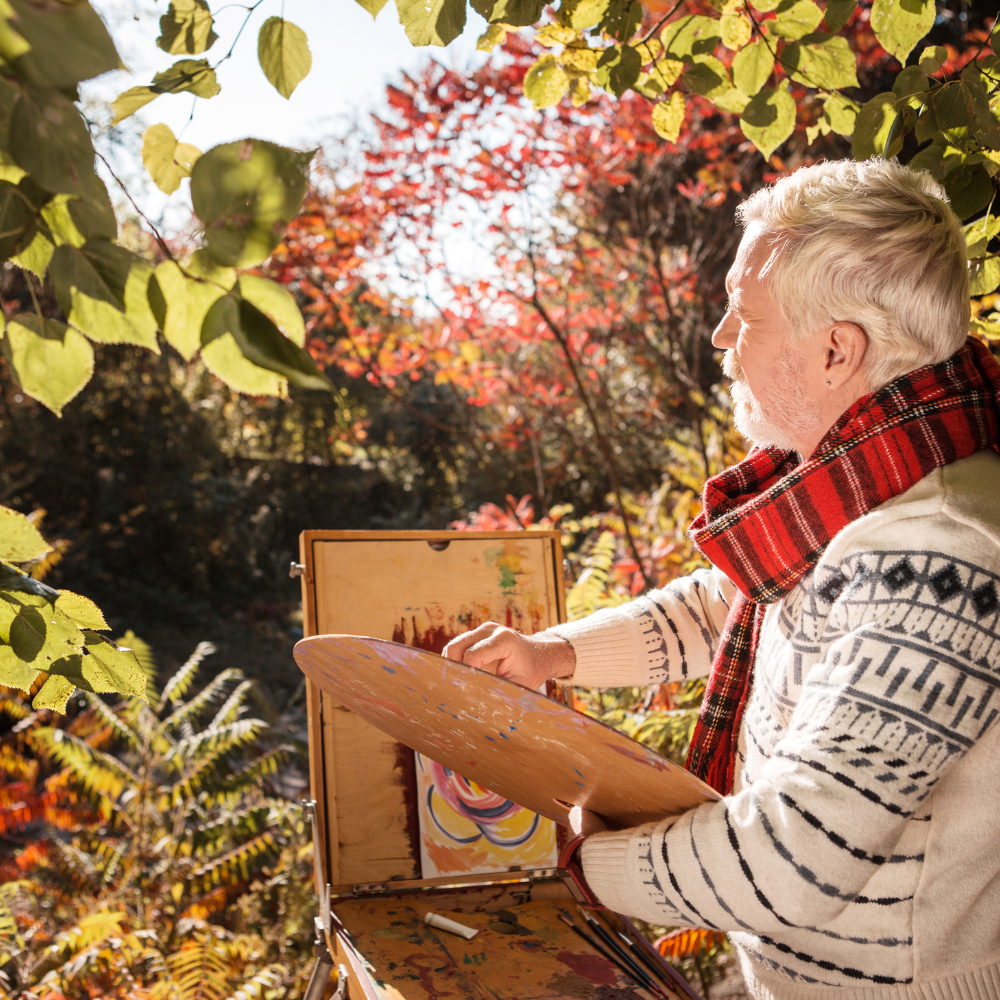
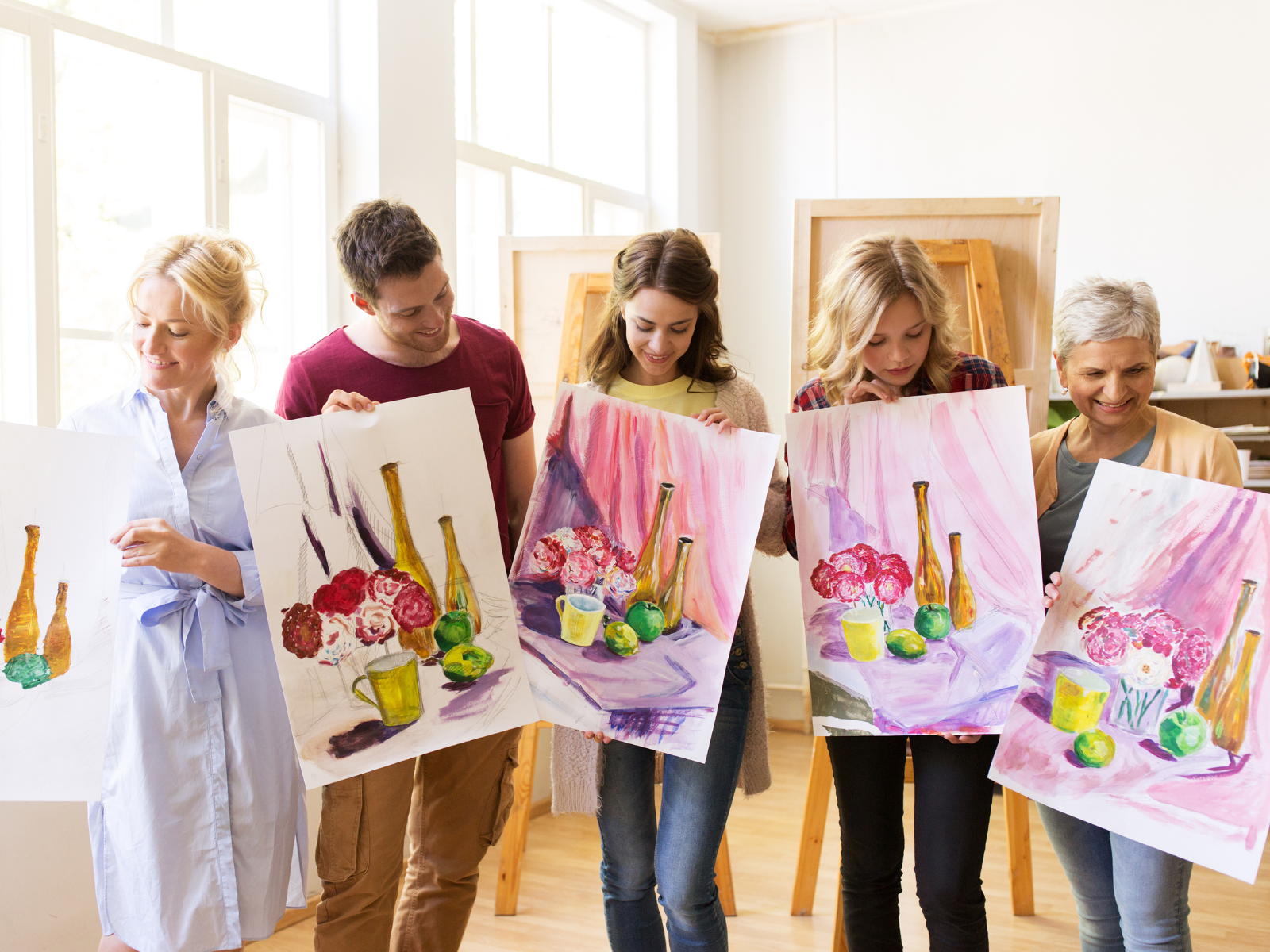
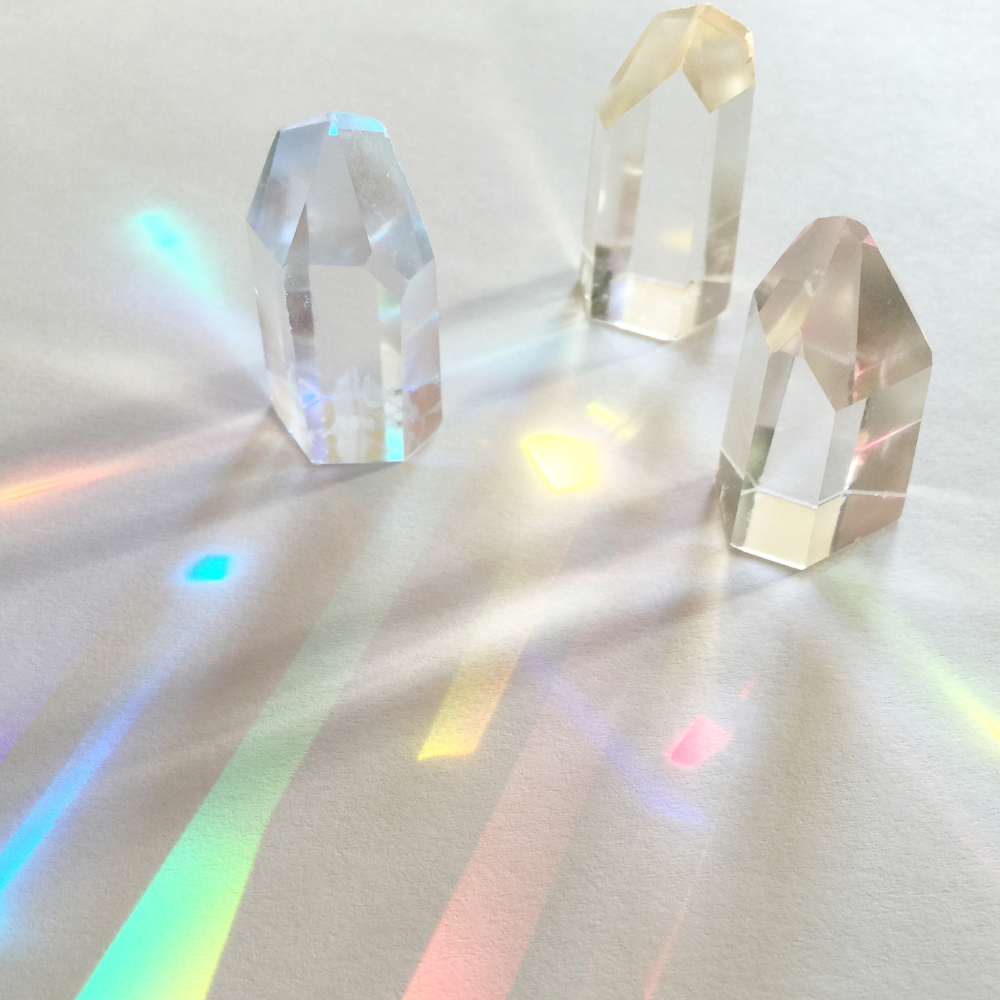
Creative Thinking
Creative thinking skills are at the heart of any creative process.
It involves the ability to think outside the box, explore different ideas and perspectives, and offer unique solutions to problems.
Creative thinking can be developed by brainstorming with others, challenging yourself to come up with new approaches, and experimenting with various art styles.
By honing your creative thinking skills, you can unlock the power of your imagination and create artwork that stands out from the crowd.
Creative ideas and creative problem-solving are what set us apart from the rest of the world, so it's important to cultivate these skills and use them to your advantage.
When you get a creative idea or creative solution, don't be afraid to run with it and explore the possibilities.
Who knows? You might just stumble upon a masterpiece!
Self-Awareness and Reflection
Creative self-awareness is the ability to understand yourself as a creative individual, including your strengths, weaknesses, and areas for improvement.
It is an essential skill that will help you identify what works best for you in terms of art styles, mediums, or subject matters.
It also allows you to be in touch with your emotions and use them as a source of inspiration.
Take some time away from the canvas to reflect on your creative journey, celebrate your successes, and learn from your shortcomings.
By reflecting on what has been accomplished, it can help focus efforts and identify opportunities for improvement.
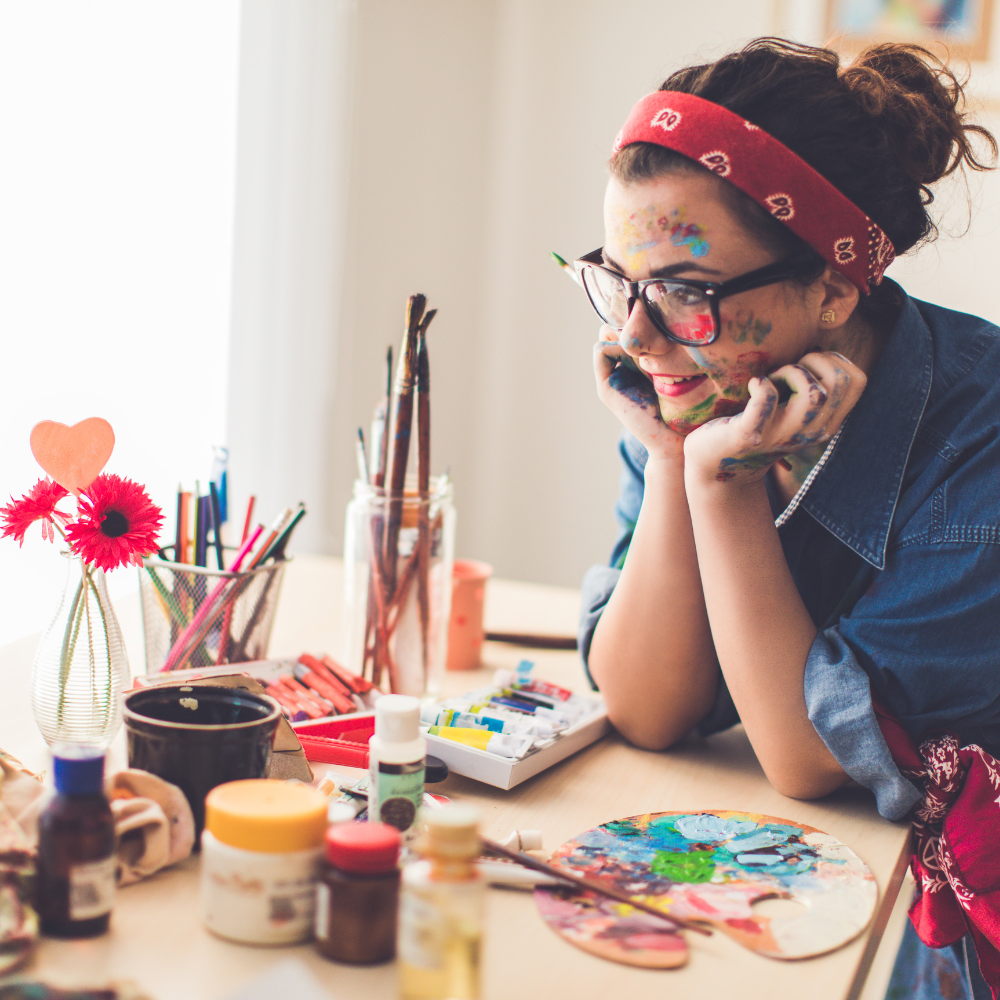
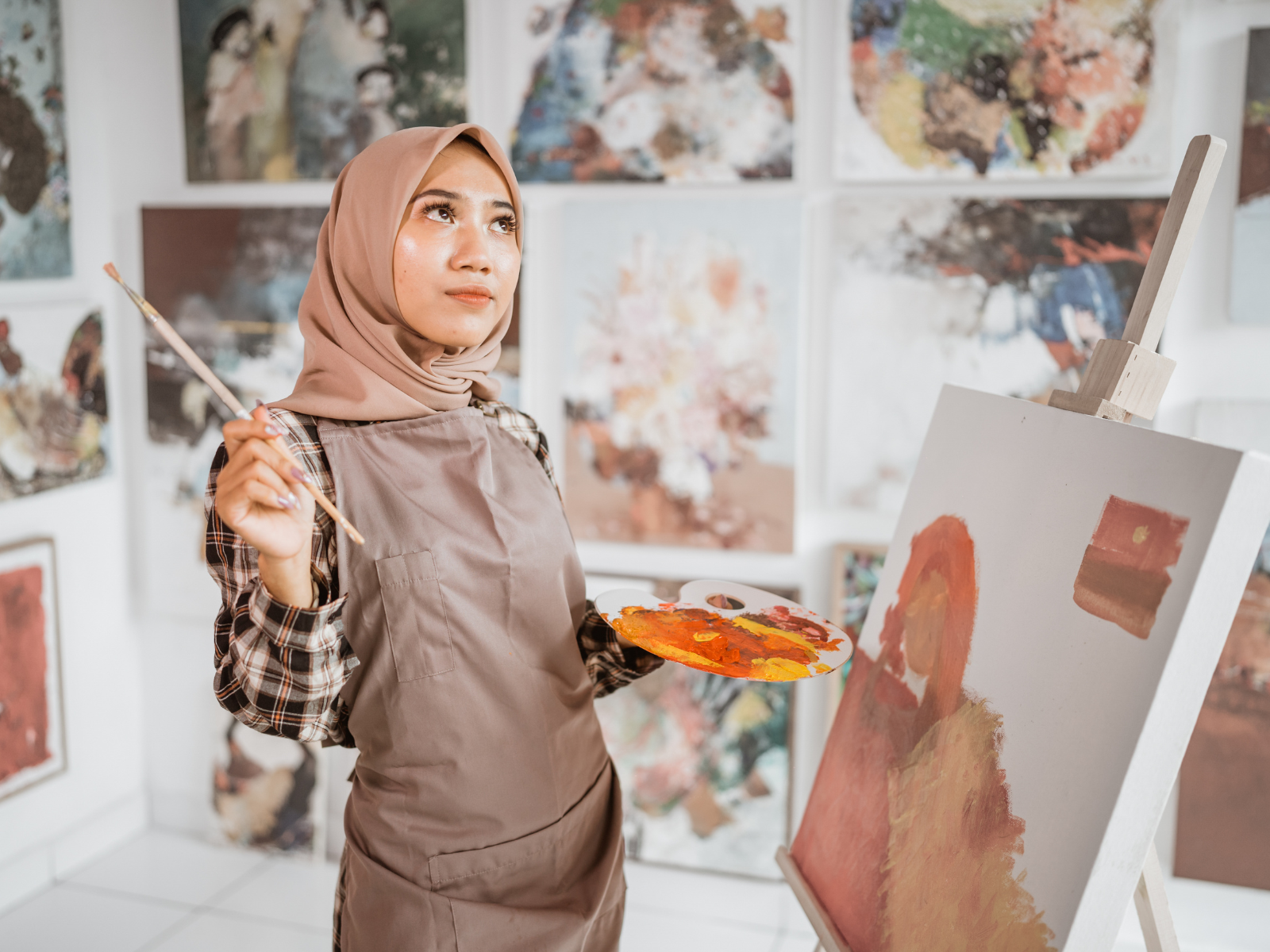
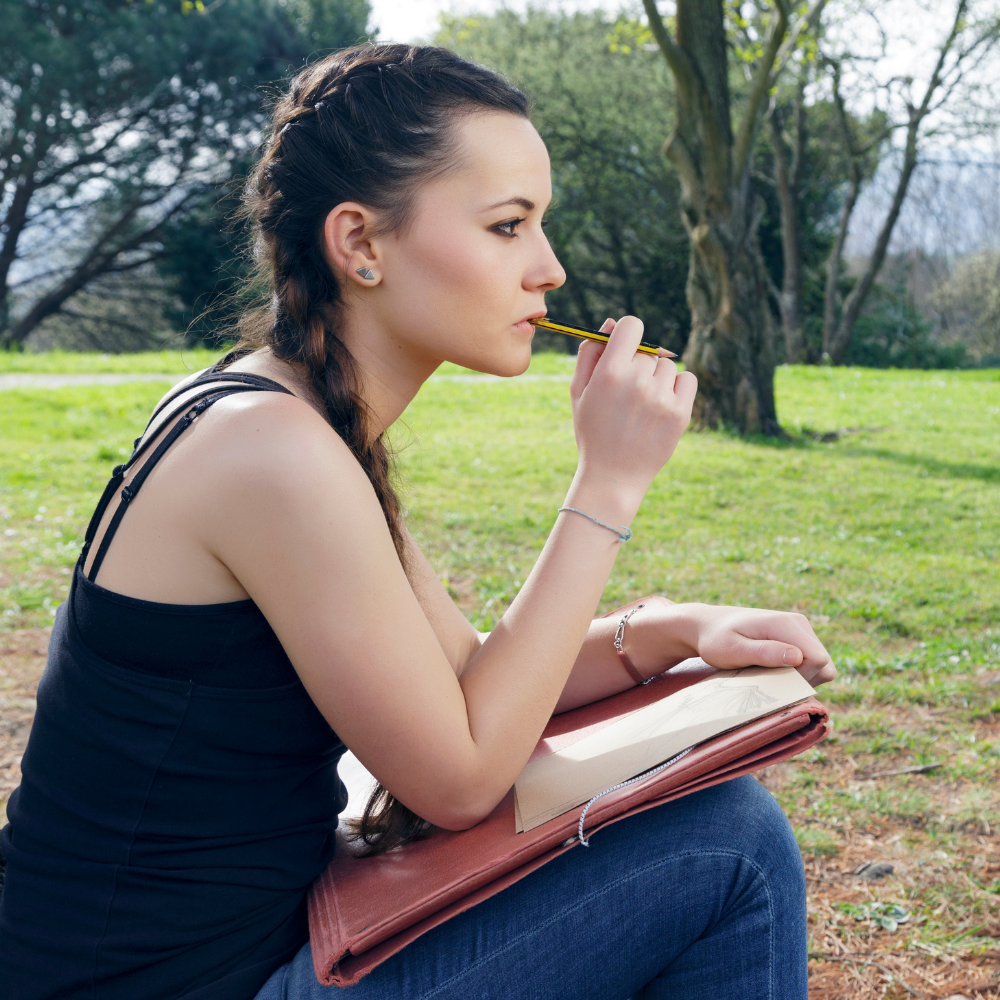
Growth Mindset
Believe in your ability to learn, improve, and adapt.
Embrace challenges as opportunities for personal growth.
With a growth mindset, setbacks become stepping stones and obstacles become mere hurdles on the path to greatness.
Failure is not the end; it's merely a stepping stone towards success.
Embrace your mistakes, learn from them, and use them as catalysts for growth.
Remember, even the greatest artists had their fair share of flops before achieving greatness.
View failure as a necessary part of your artistic journey.
Collaboration
Creativity thrives in the company of like-minded individuals.
Collaborate with fellow artists, bounce ideas off one another, and watch the magic unfold.
Remember, creativity knows no boundaries, and together, you can achieve greatness.
Creative collaboration can boost your creativity and open up new doors to unexplored territories.
When you collaborate with others, you gain access to a whole new world of perspectives, ideas, and techniques - and chances are that it could help ignite the spark of creativity within!
These skills form the foundation of creativity, and by mastering them we can become better creators and artists.
So, get ready to ignite your imagination, unlock your potentials, and take your artistry to the next level!
By taking the time to focus on developing our creativity-relevant skills, we can become unstoppable forces of artistic genius!
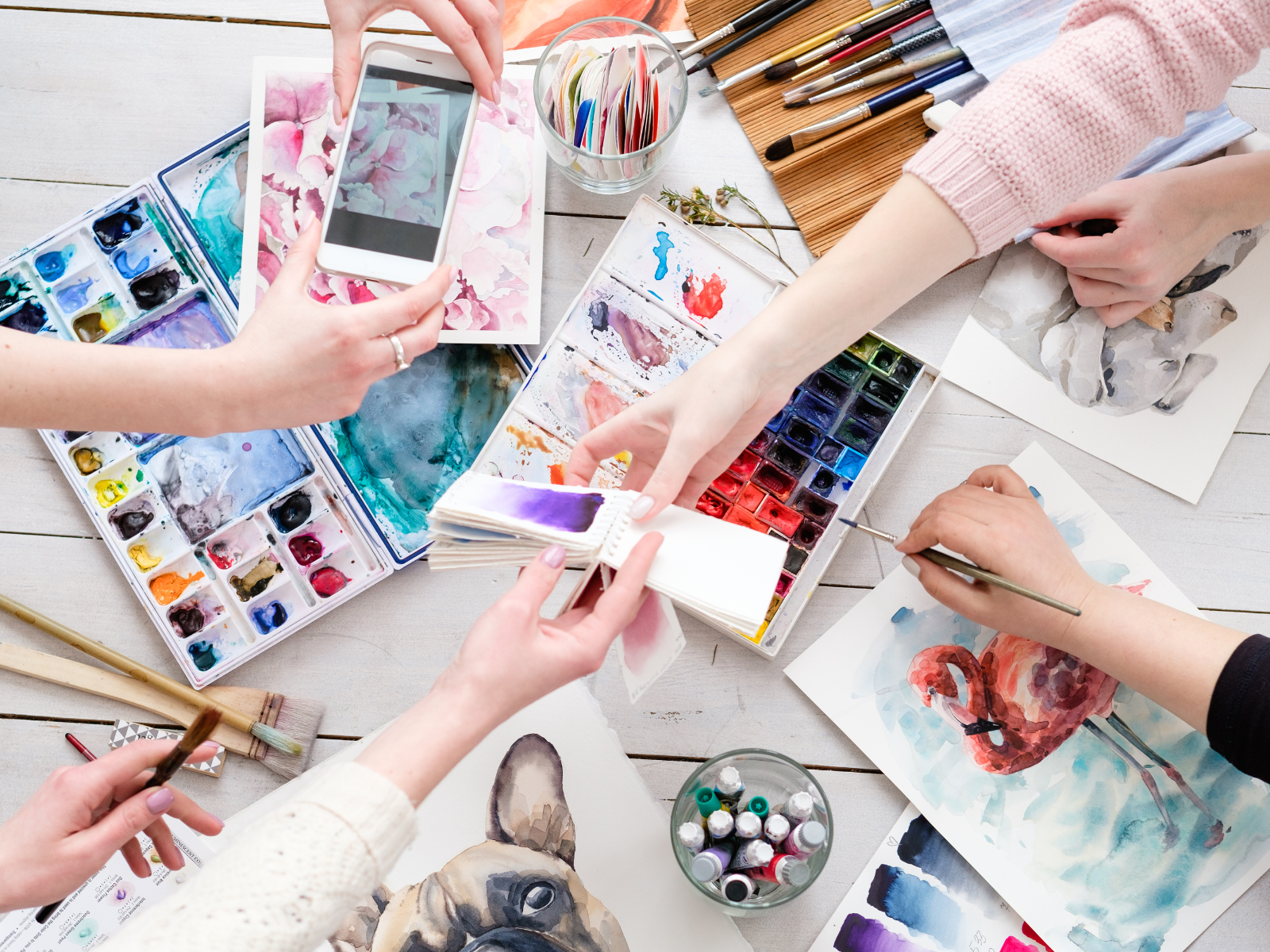
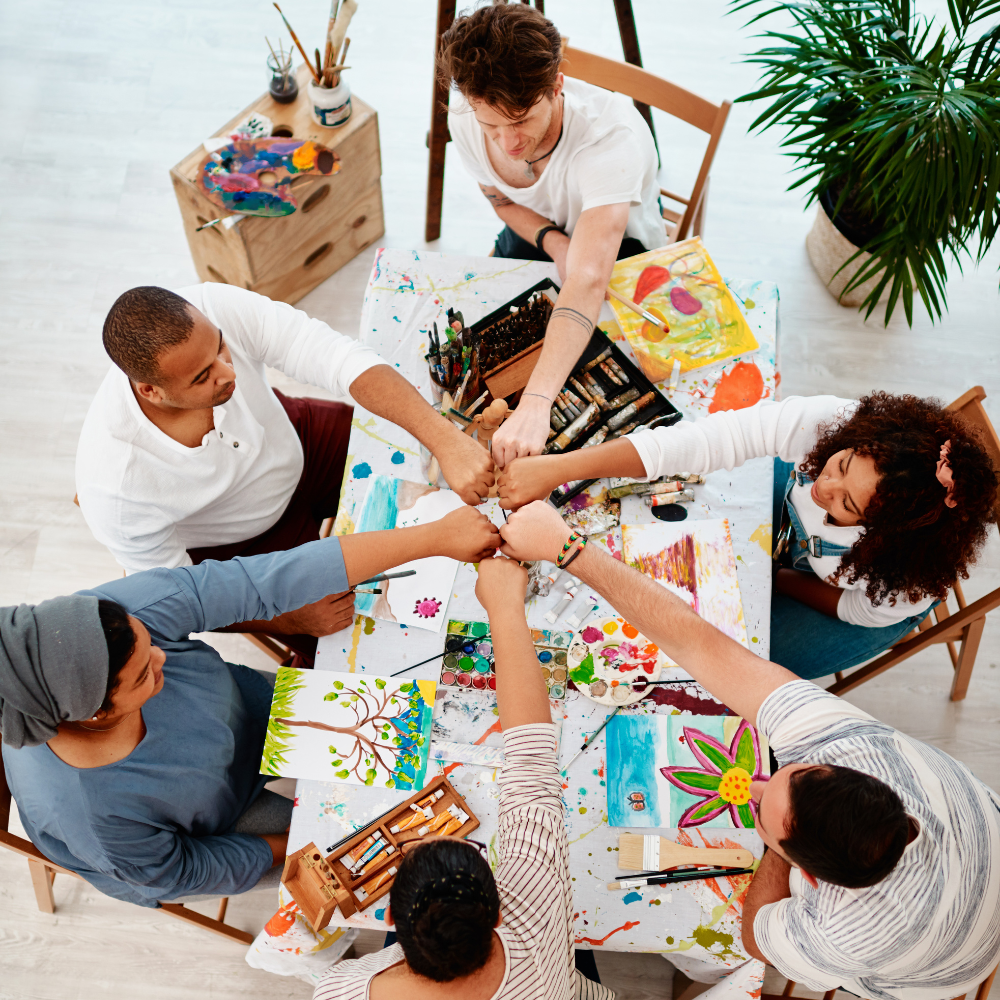
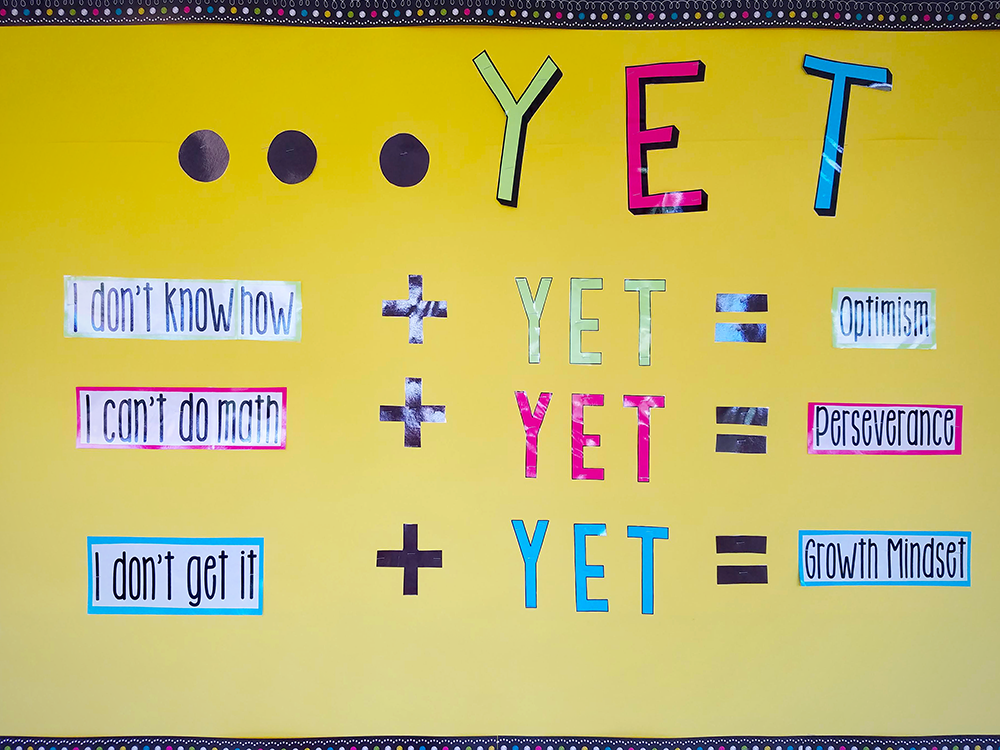
Benefits of Creative Skills
By developing creativity-relevant skills, you can become a better creator and artist - but that's not all!
Creativity-relevant skills have far-reaching benefits such as improving communication and problem solving skills, boosting confidence and self-esteem, encouraging critical thinking and innovation, and increasing resilience.
For children, these skills are essential for their development and help them become more confident, creative thinkers.
Creativity-relevant skills can also lay the groundwork for future success in fields such as design, engineering, writing, marketing, and entrepreneurship.
In short, developing creativity-relevant skills will not only benefit you as an artist but also help you in various aspects of life.
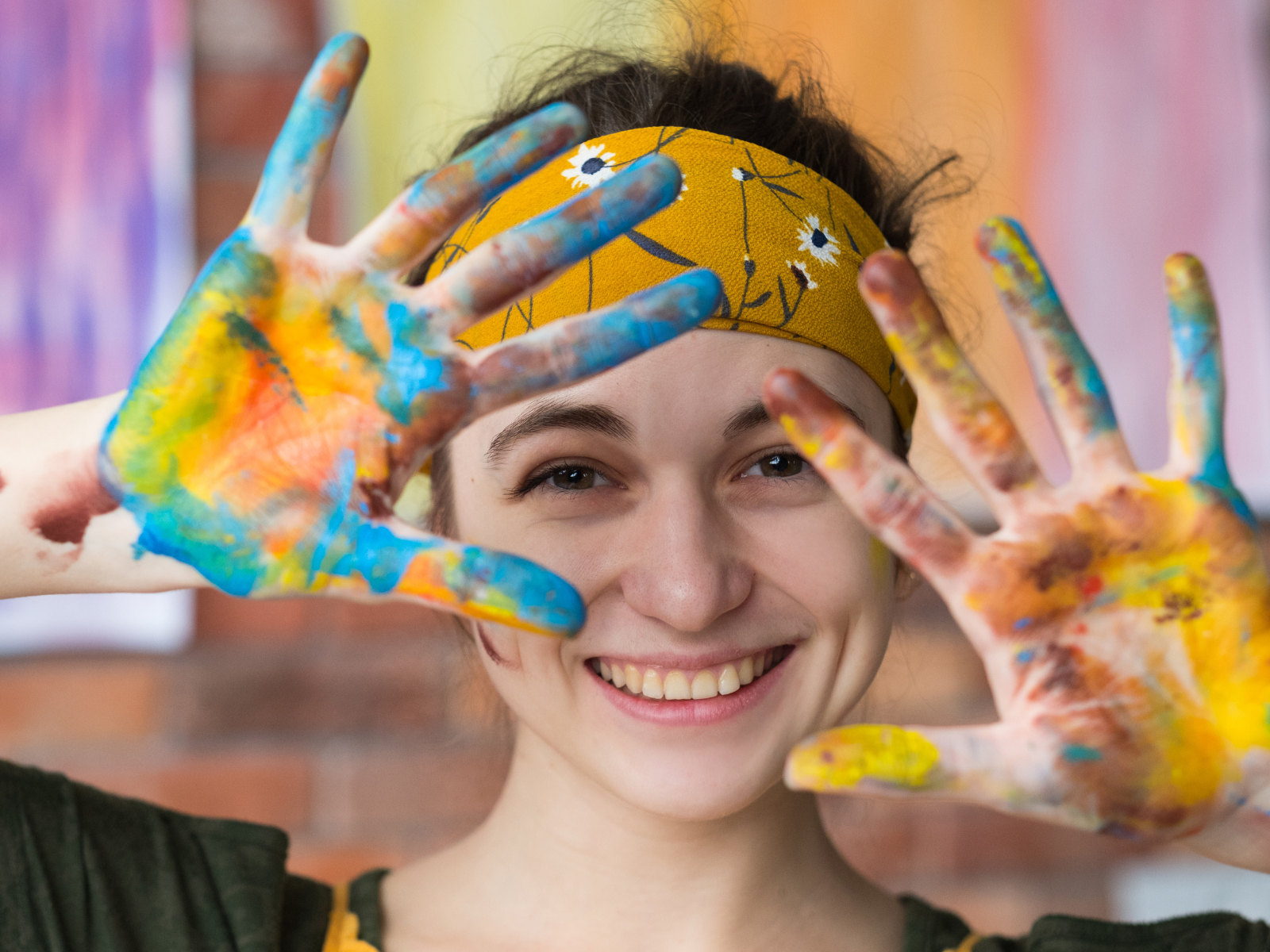
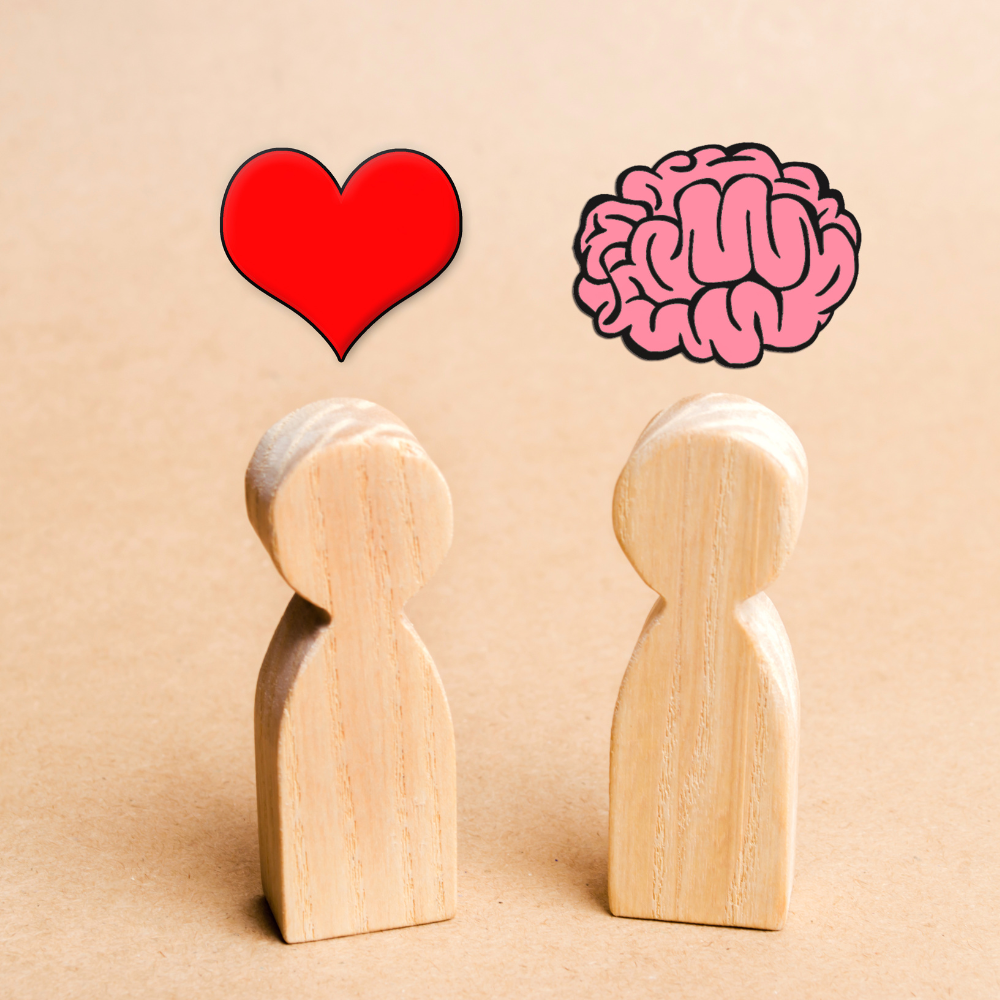
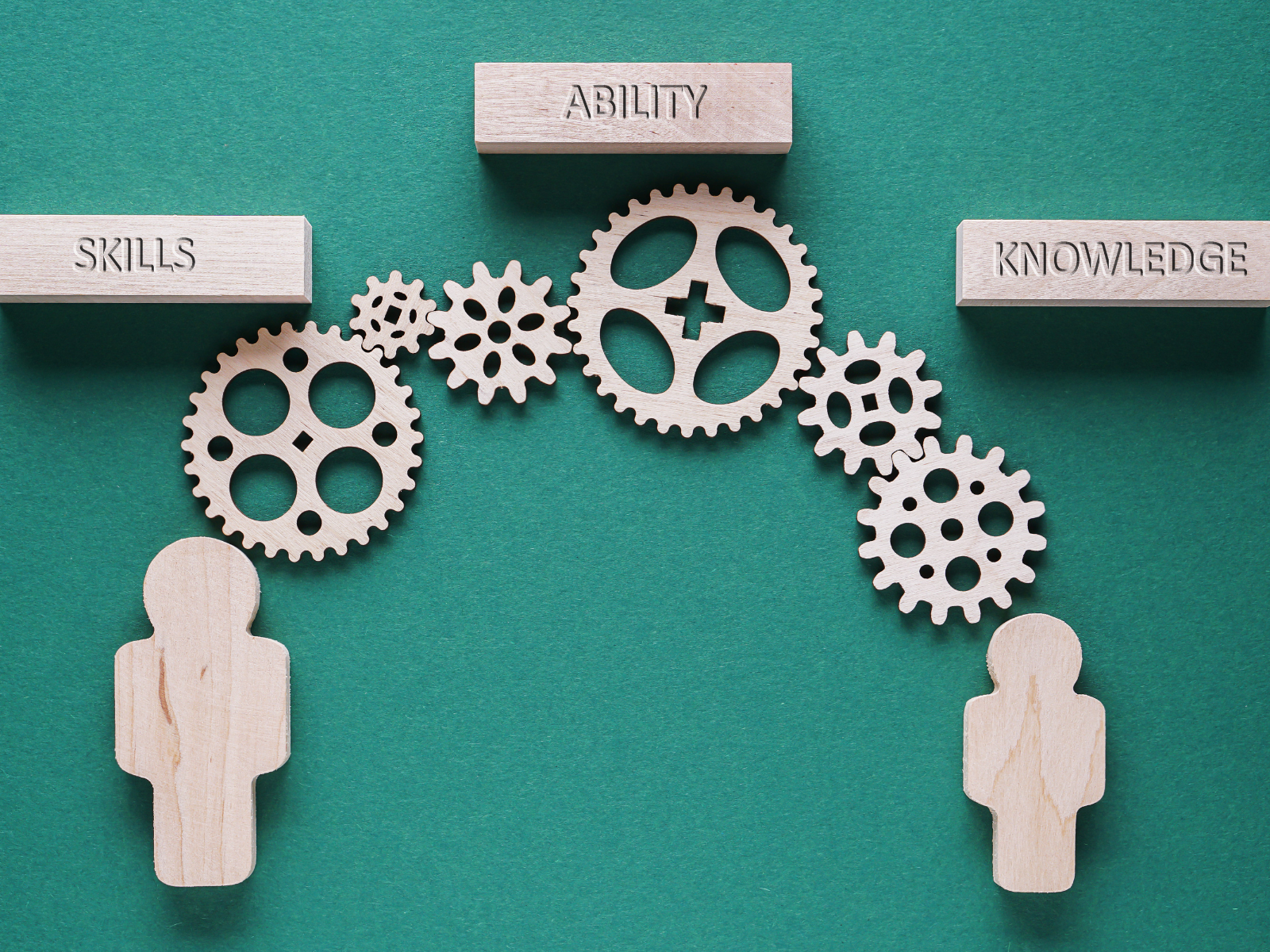
How to Boost Your Creativity-Relevant Skills
Creativity is a skill that can be developed with practice, dedication, and an open mind.
There are many ways to get started, so let’s take a look at some creative exercises that can help you boost your creativity-relevant skills:
- Start Writing
Writing is an effective way to tap into and express your thoughts, feelings, and ideas.
You can write about anything - whether it's personal reflections or fictional stories.
The key is to keep writing and let your imagination run wild!
- Take a Creative Class
Taking creative classes in any medium - from painting to pottery - can help you develop your creativity-relevant skills.
It also allows you to explore new techniques, learn from others, and challenge yourself in ways that may have been overlooked.
- Collaborate with Others
Collaborating with other artists or creators is a great way to develop your skills and create something amazing together.
Exchange ideas, discuss different approaches, and explore new techniques - you'll be surprised at what can happen when creative minds come together!
- Take Artist Dates
Take regular "artist dates" to feed your creativity.
This could be anything from exploring an art exhibition or a museum, reading a book, or going for a walk in nature - whatever inspires you!
These are just some of the ways to get started on boosting your creativity-relevant skills.
Remember, practice makes perfect; so don’t be afraid to explore, take risks, and have fun!
By mastering these creativity-relevant skills, you can unlock your potentials as an artist and achieve greatness.
Start sharpening your creative superpowers today!
You never know where they'll take you!
Take the time to learn more about these skills, try out different exercises, and watch your creative genius rise up to the challenge.
You'll be amazed at what you can achieve with a little bit of dedication and focus!
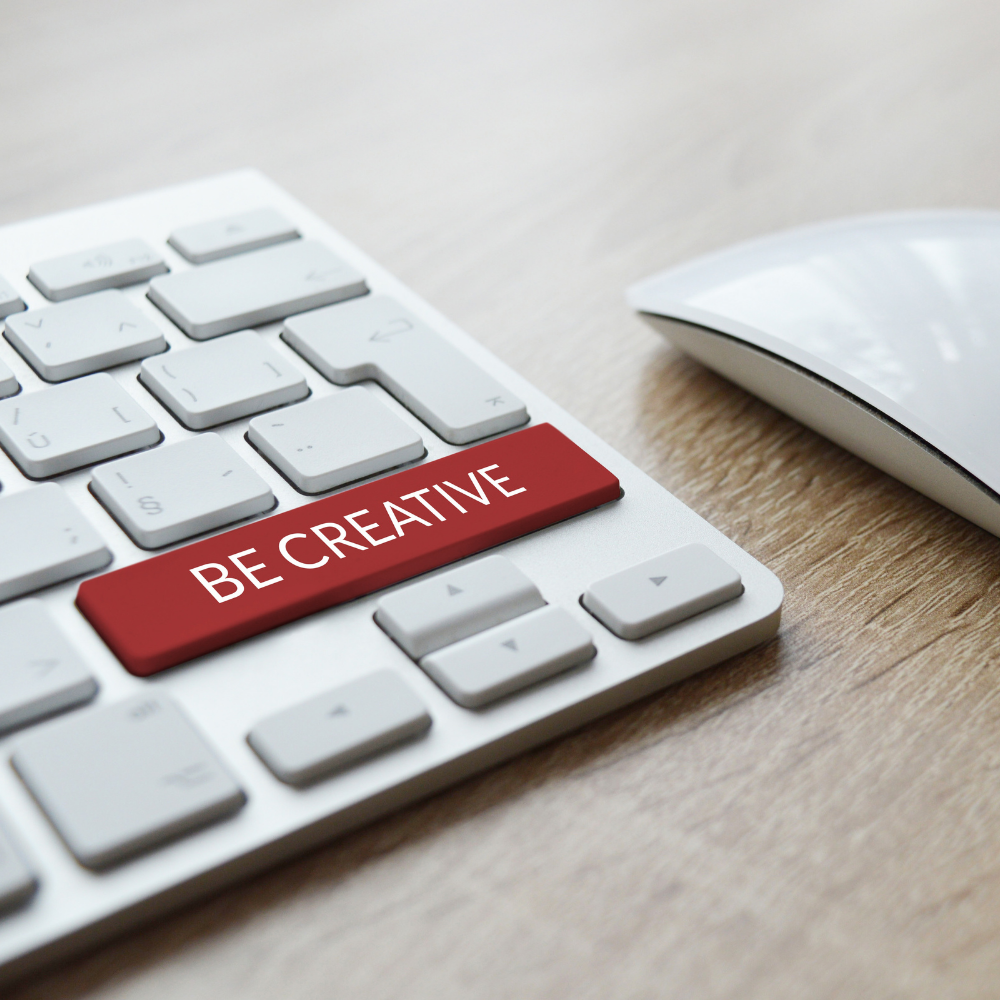
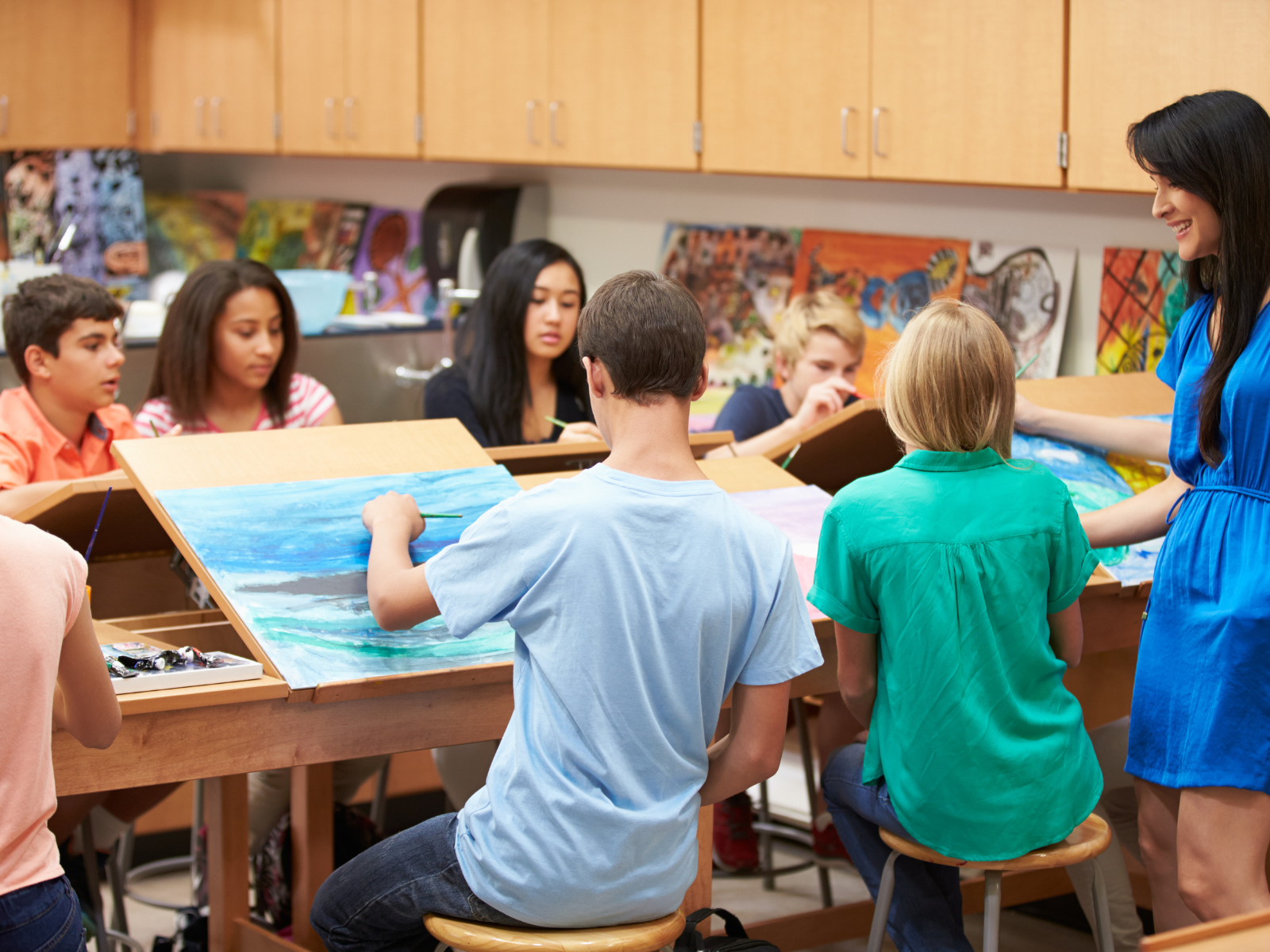
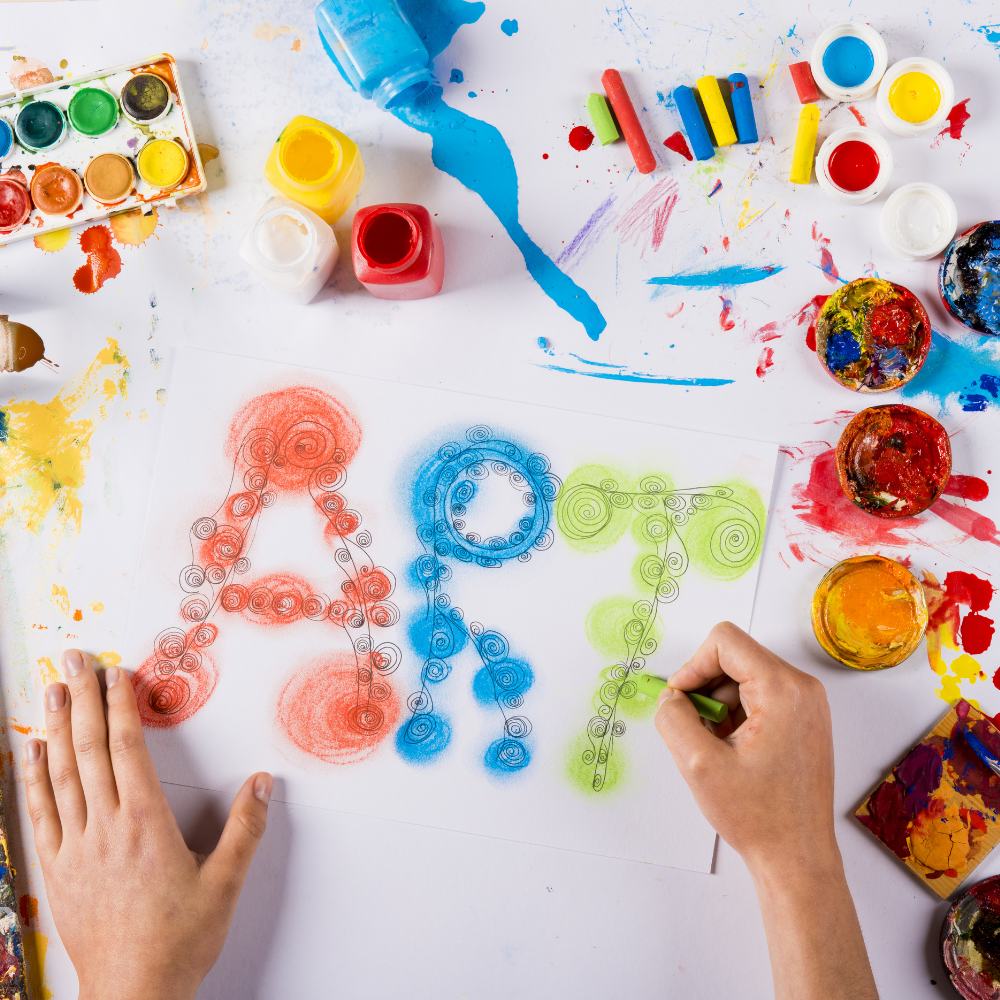
Grow with Creativity-Relevant Skills
Congratulations! You now possess the secret sauce to unlock your creative superpowers.
Creativity-relevant skills form the foundation of any artistry, and they can be developed with practice and dedication.
In the creative world, creativity-relevant skills allow an artist to build a unique style, overcome obstacles, and dream big.
These skills include problem solving, brainstorming, idea generation, abstract thinking, lateral thinking, creative expression, flexibility and adaptability, open-mindedness, resilience and perseverance, imagination, empathy and connections building
Curiosity and flexibility help you exercise your mind, while resilience enables you to persist through the inevitable difficulties.
Imagination lets you breathe life into your art, while empathy forms a connection between you and your audience.
While creativity is a unique quality to every person, these skills can help guide you in honing your craft, finding new ideas, and improving your art.
Whether you are an aspiring or established creator, developing these creativity-relevant skills is a lifetime of learning, creating, and inspiring those around you.
By embracing these creativity-relevant skills, you'll embark on a journey of self-discovery, innovation, and artistic triumph.
So, what are you waiting for?
Grab your paintbrush, dust off that sketchbook, or fire up your digital canvas.
It's time to unleash your inner artist and create something truly extraordinary.
Embrace the possibilities, seize the moment, and let your imagination run wild.
Share your artwork with the world, connect with fellow artists, and inspire others to unlock their creative potential.
Remember, the only limit is the one you set for yourself.
Start your artistic adventure today and let your imagination soar!
The world is waiting for your masterpiece!
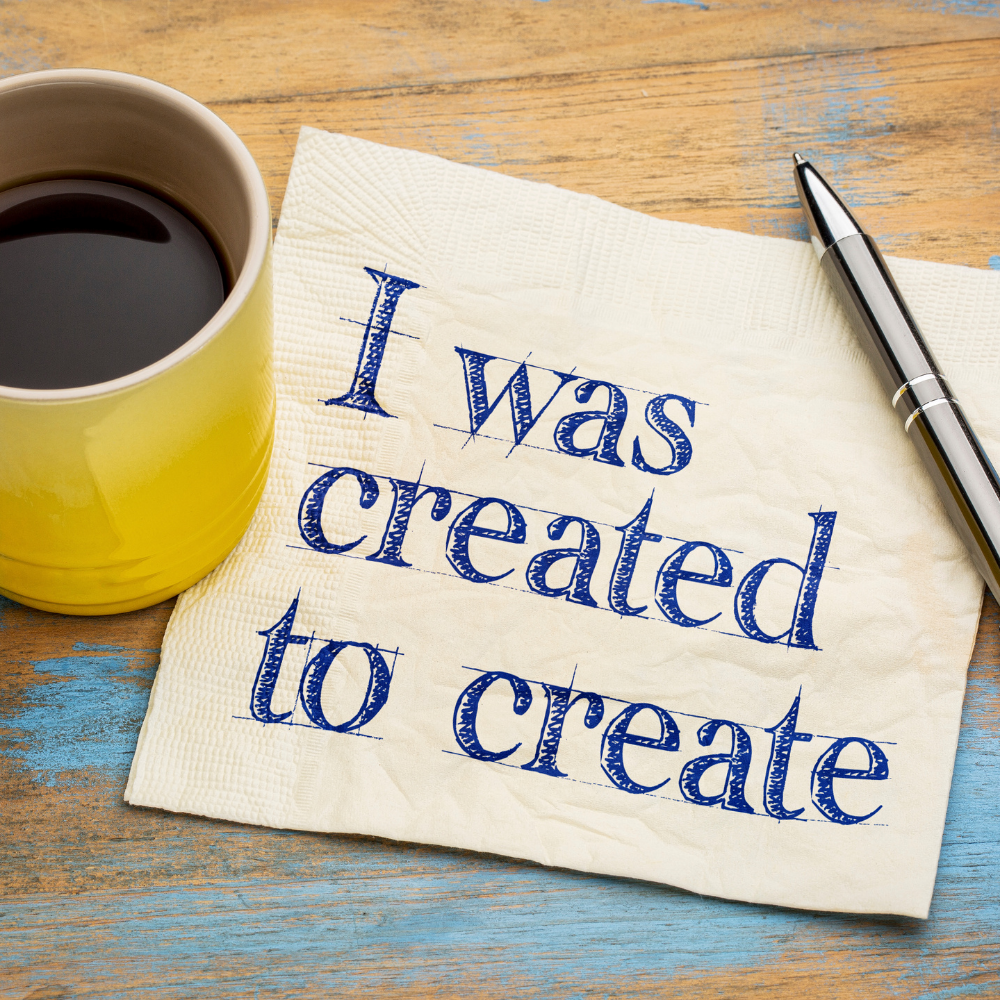
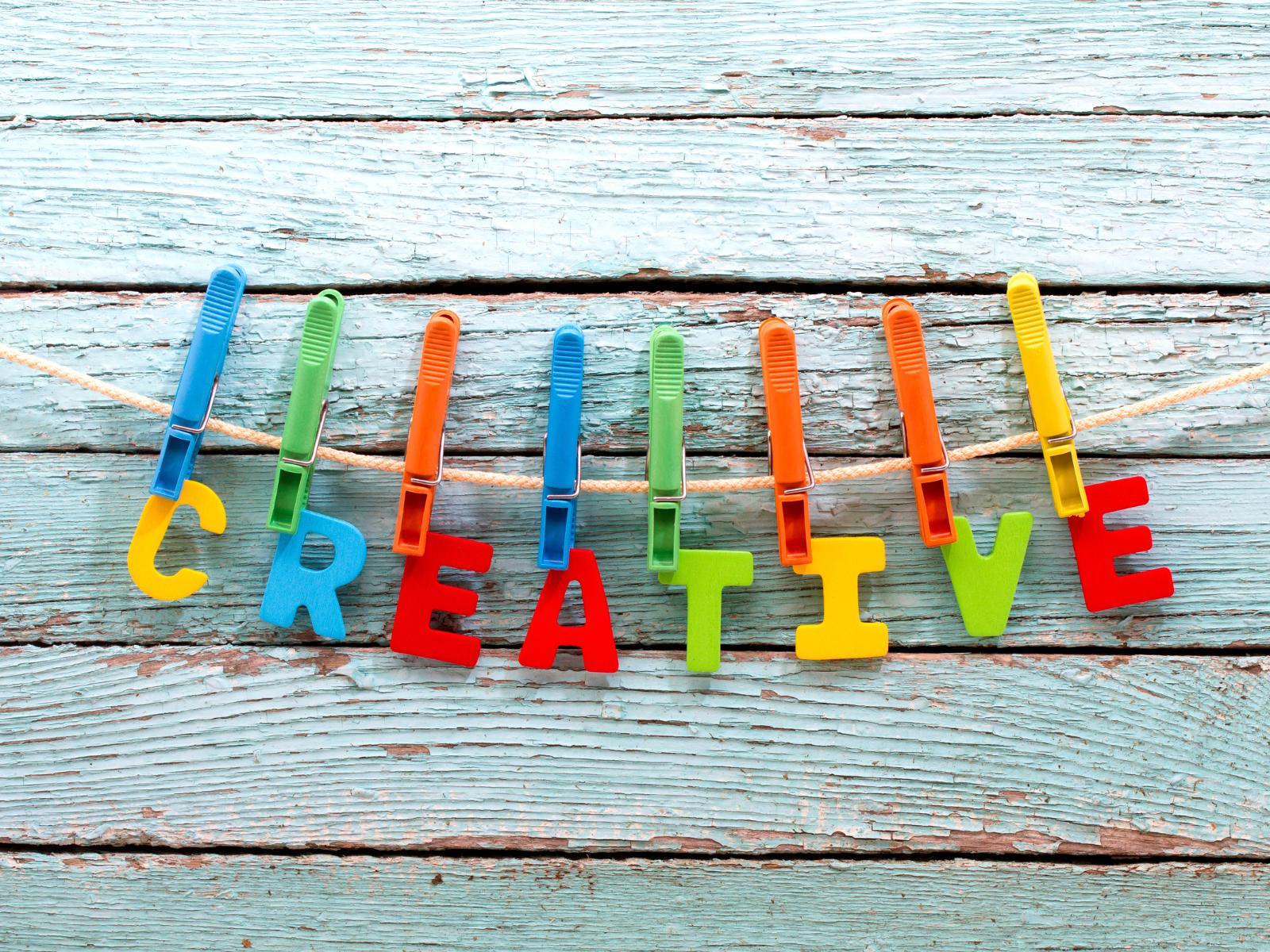
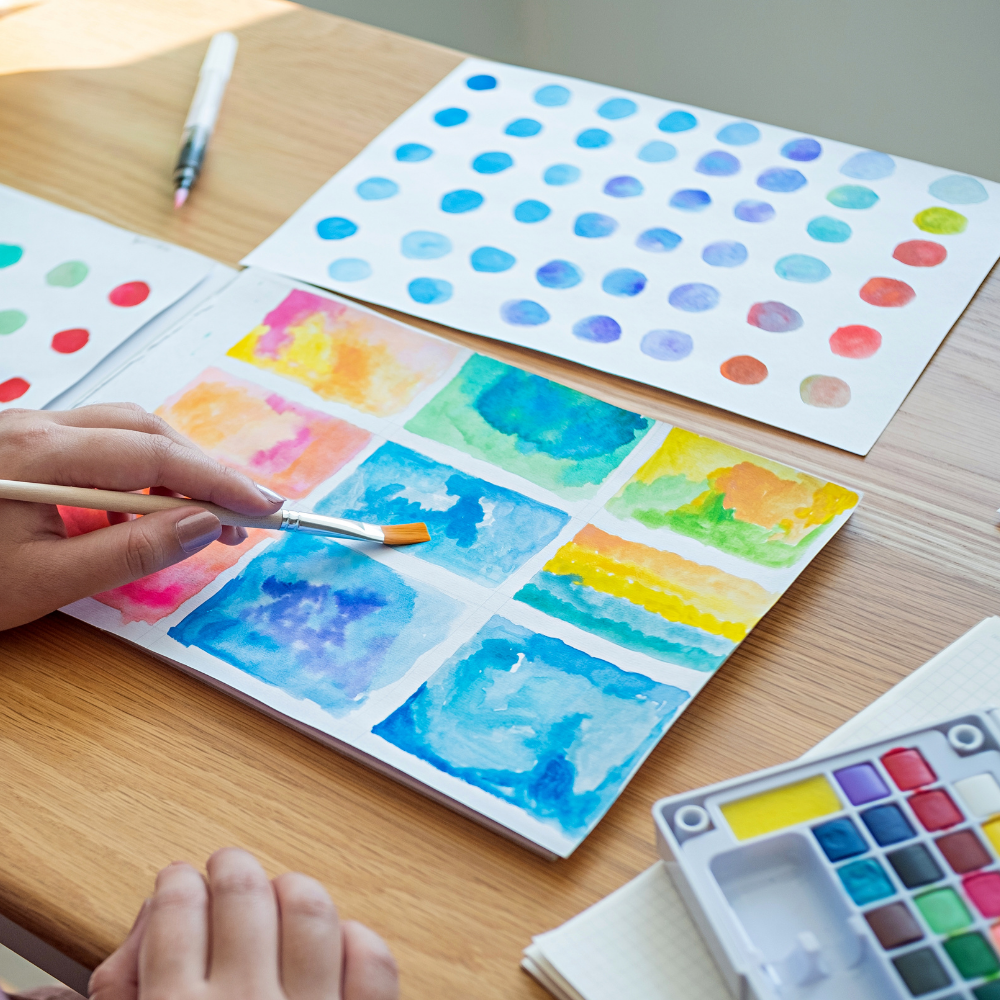
Eager to develop creative habits? Check out The Art of Improvement's video!
Want even more content about creativity and art?
Be sure to check out all of our creative chronicles!
Interested in putting your creative skills to work?
Check out some of our other articles:
